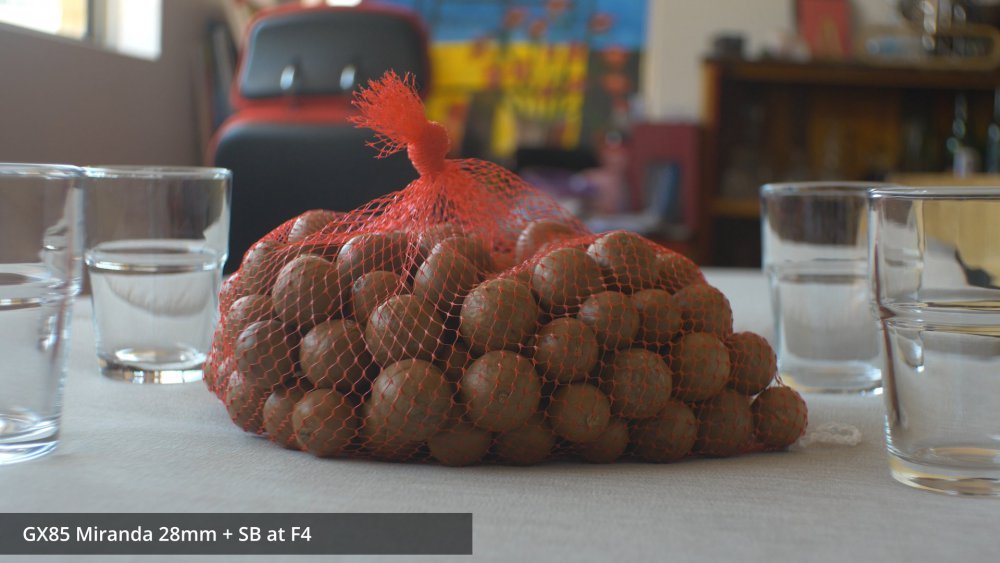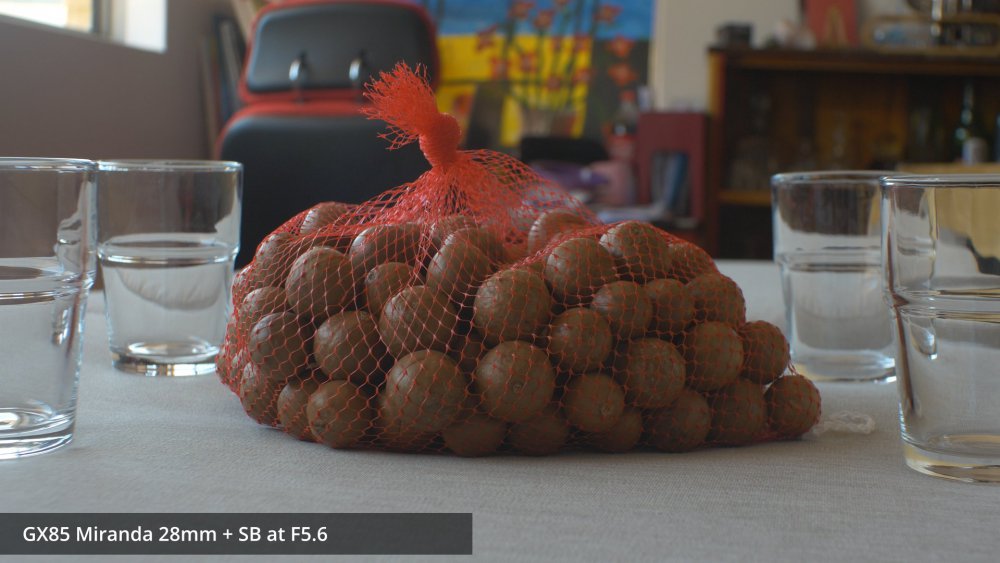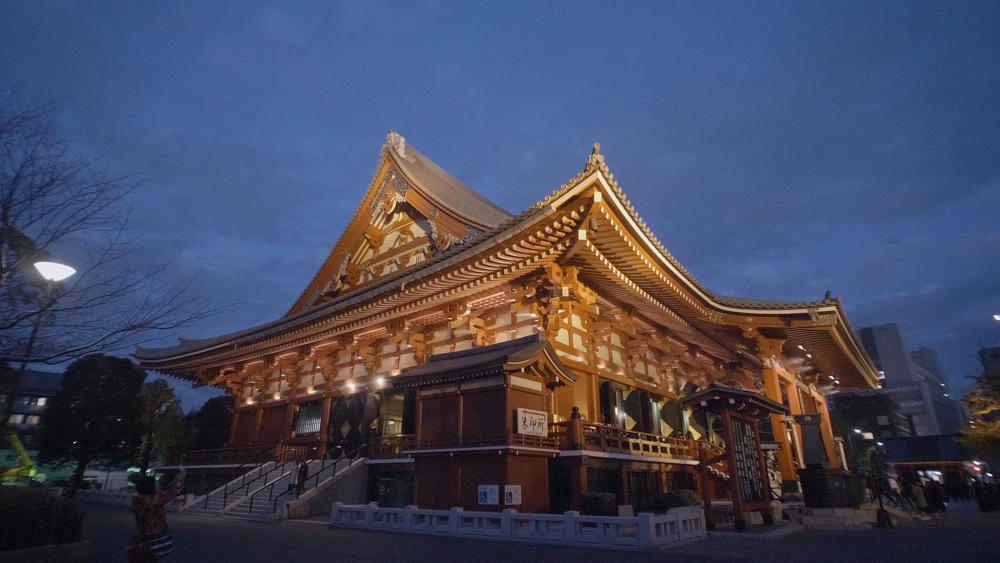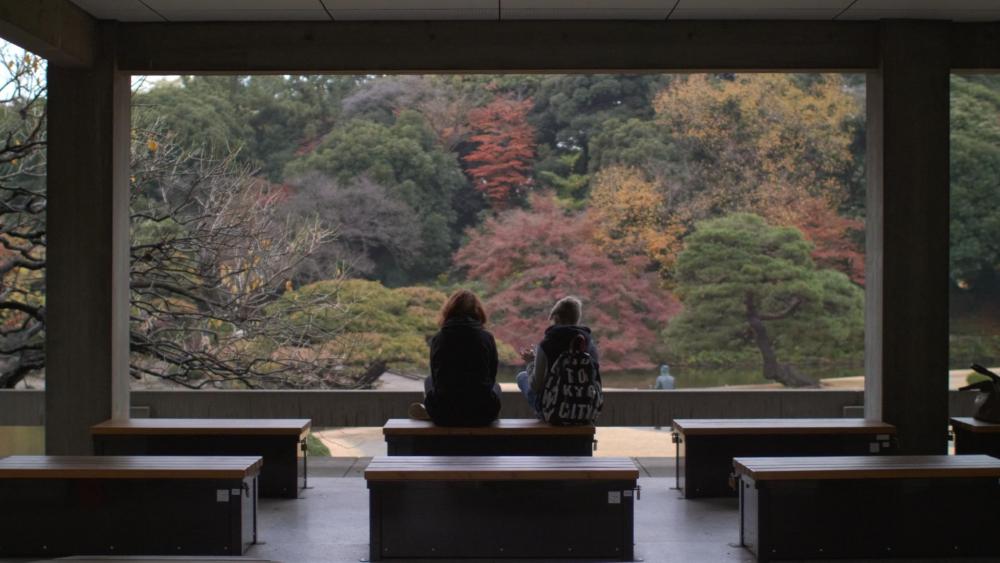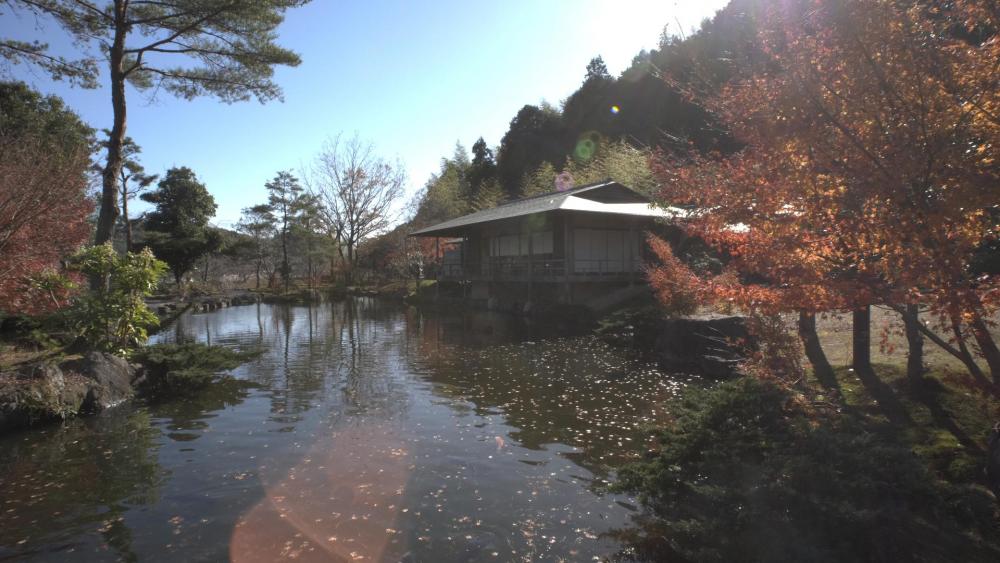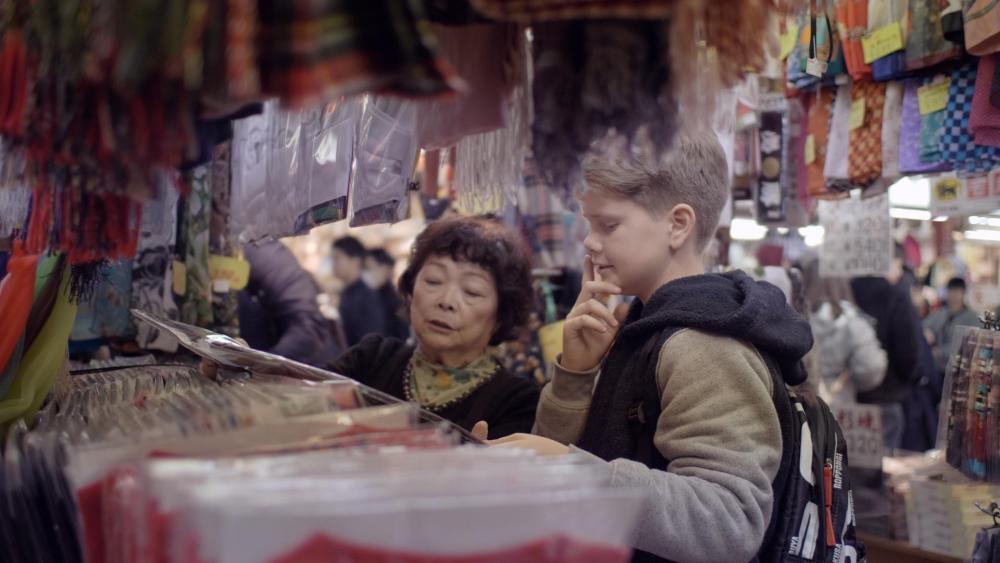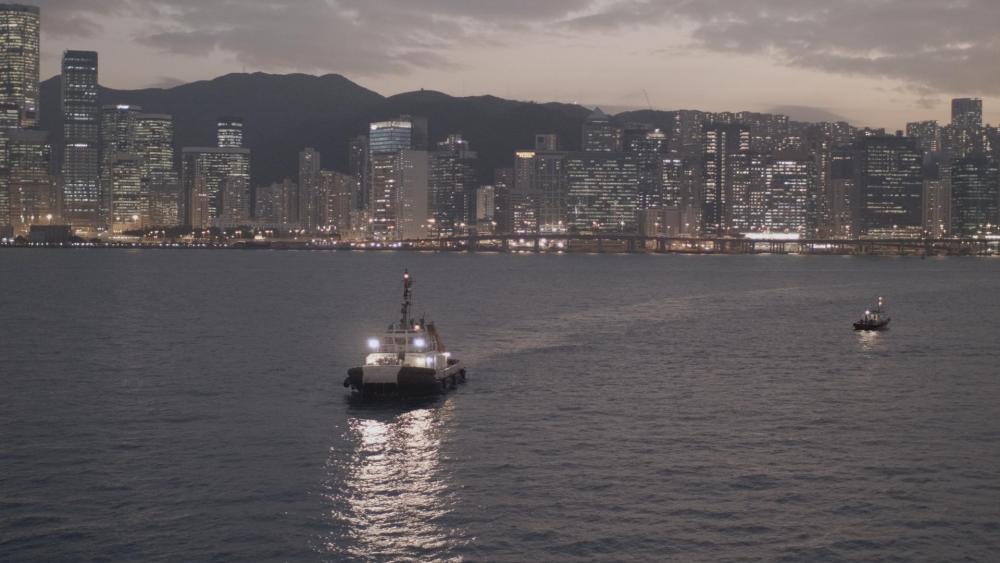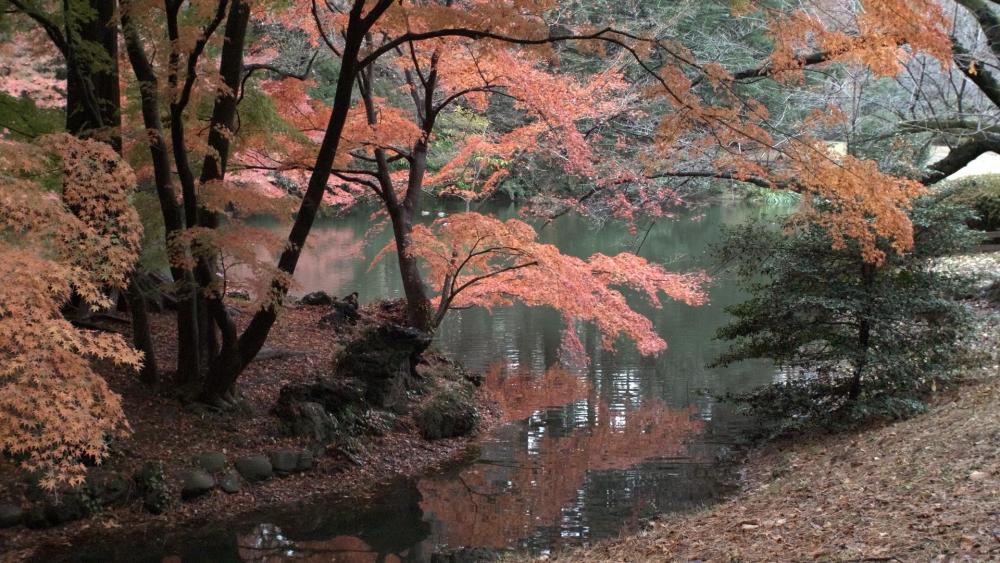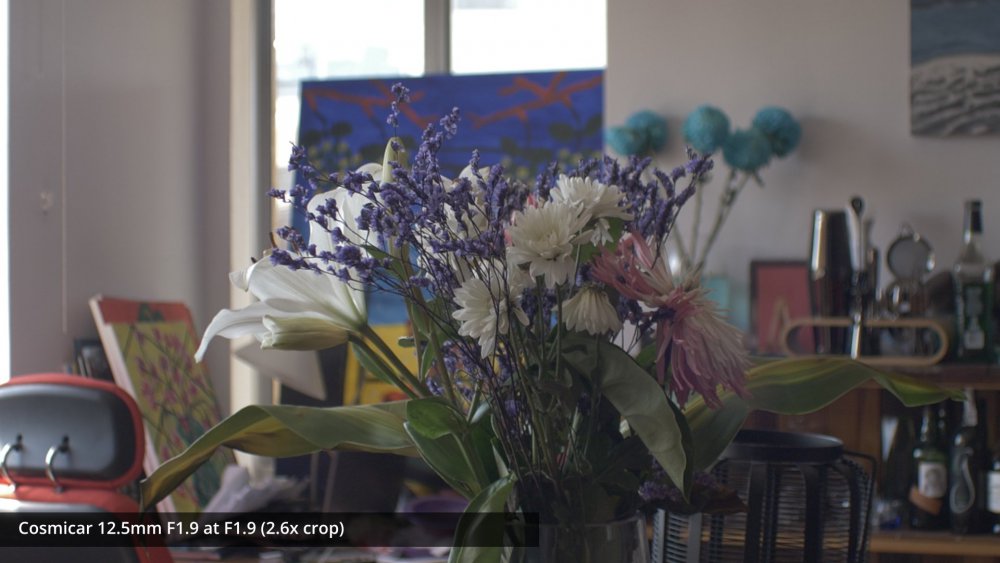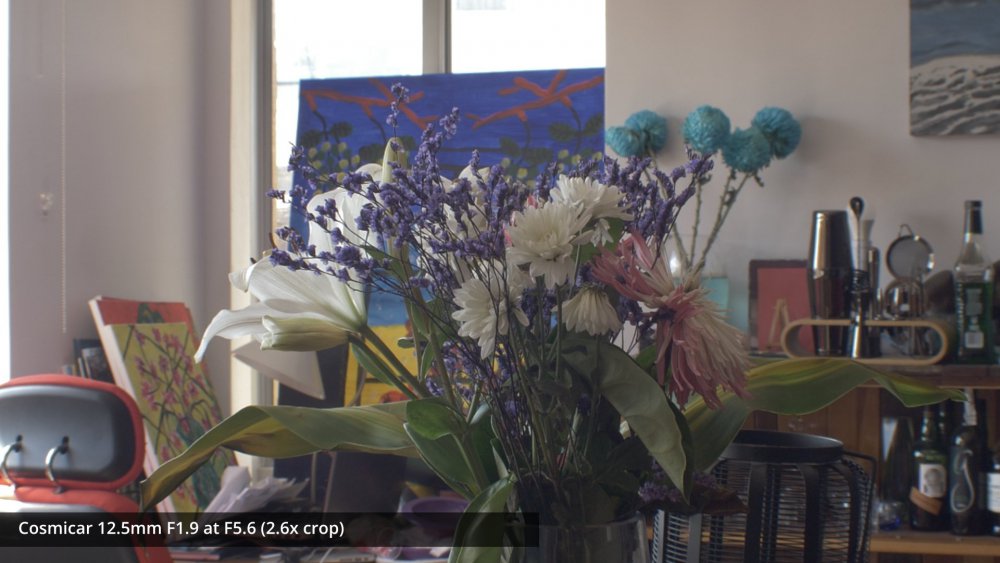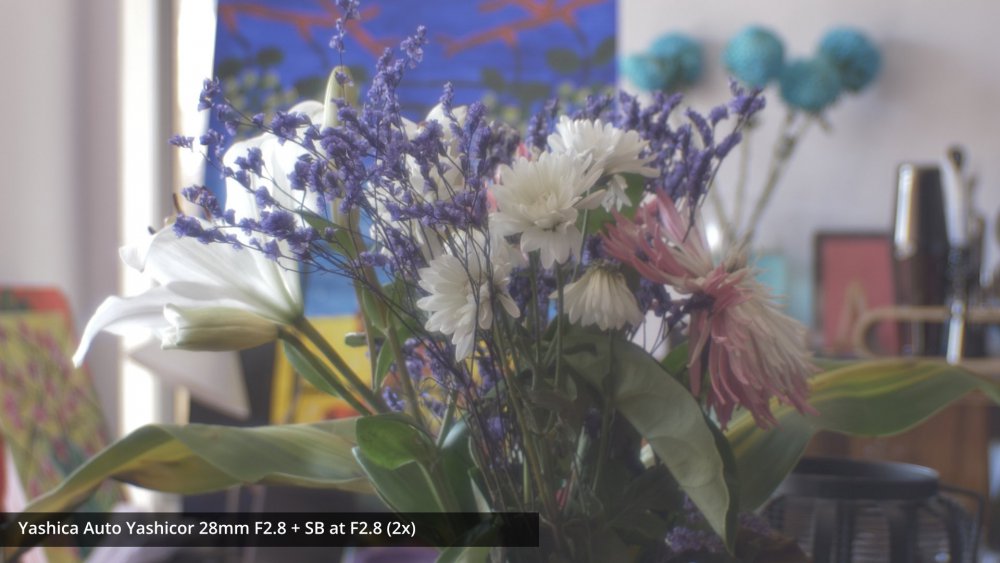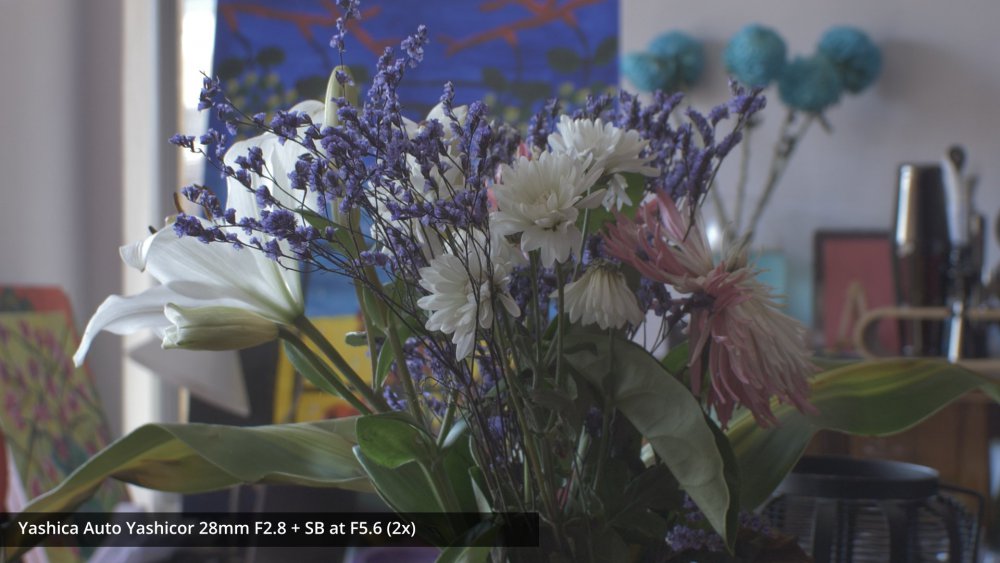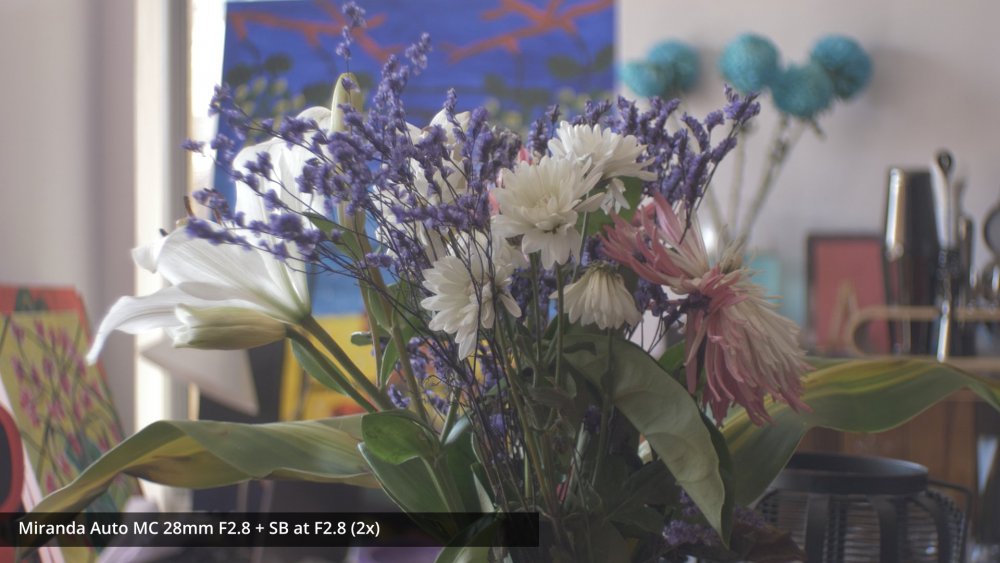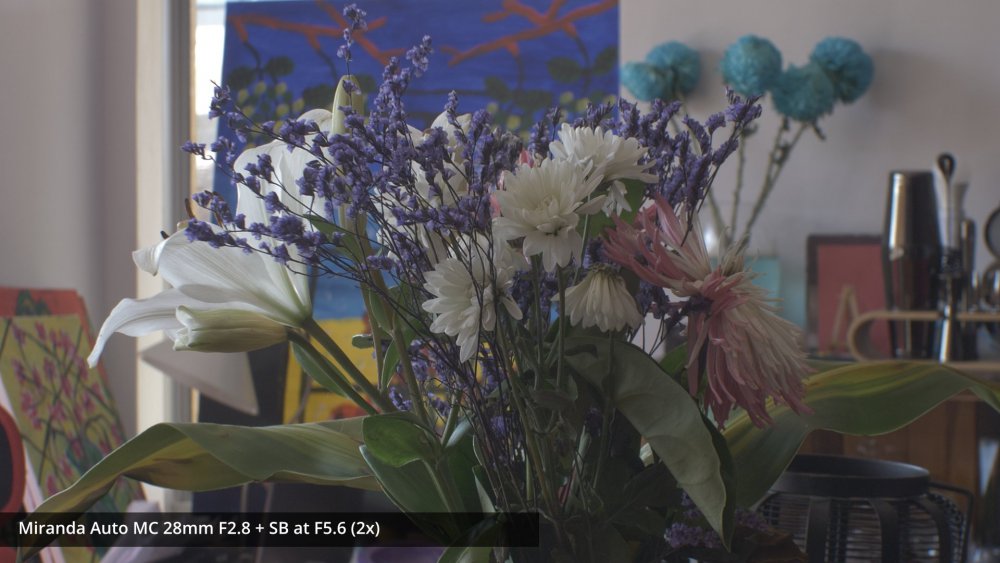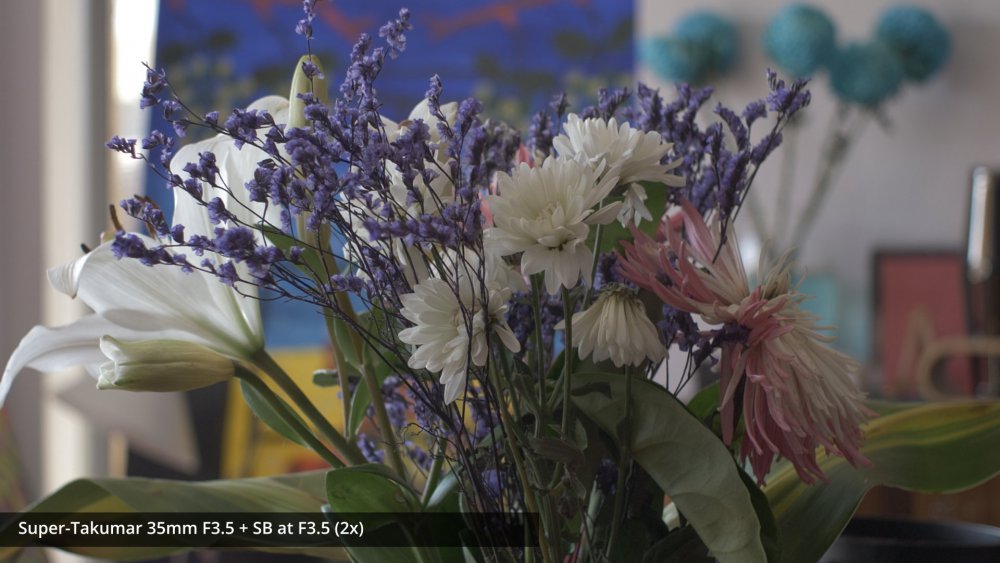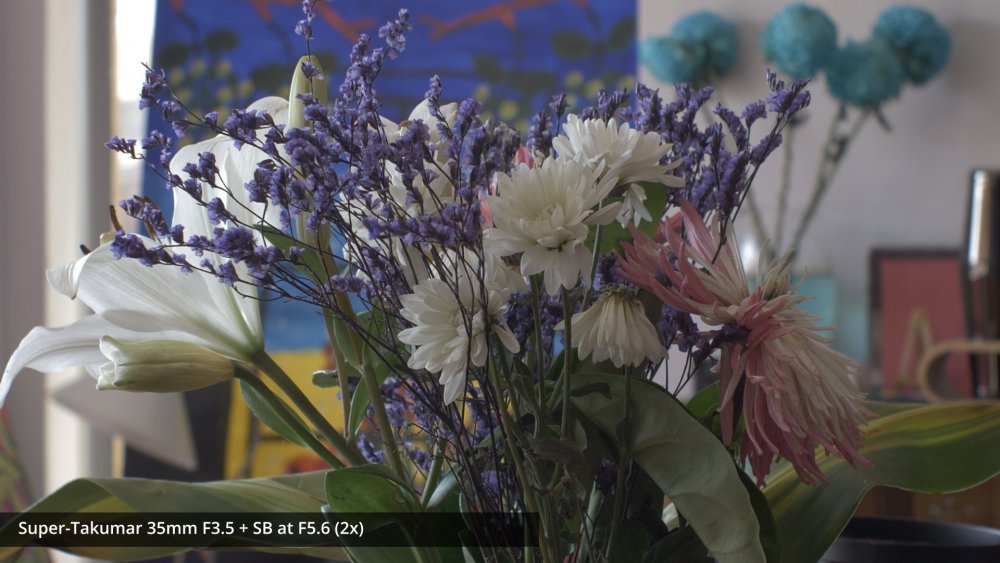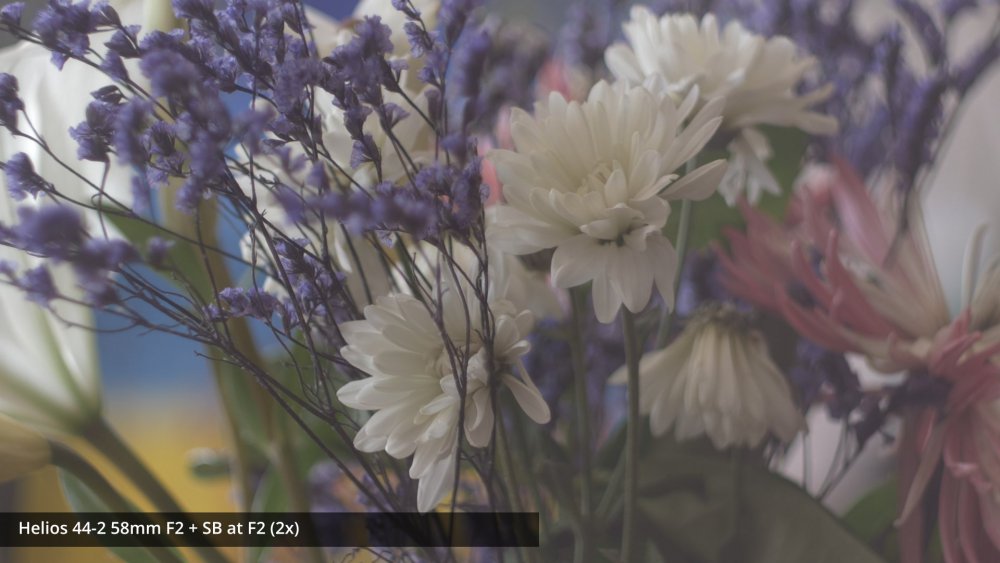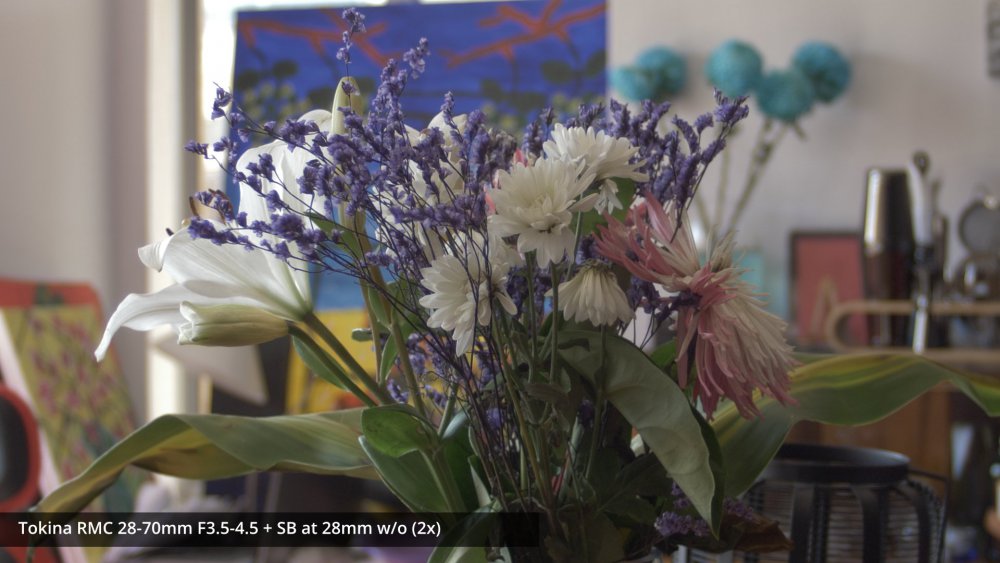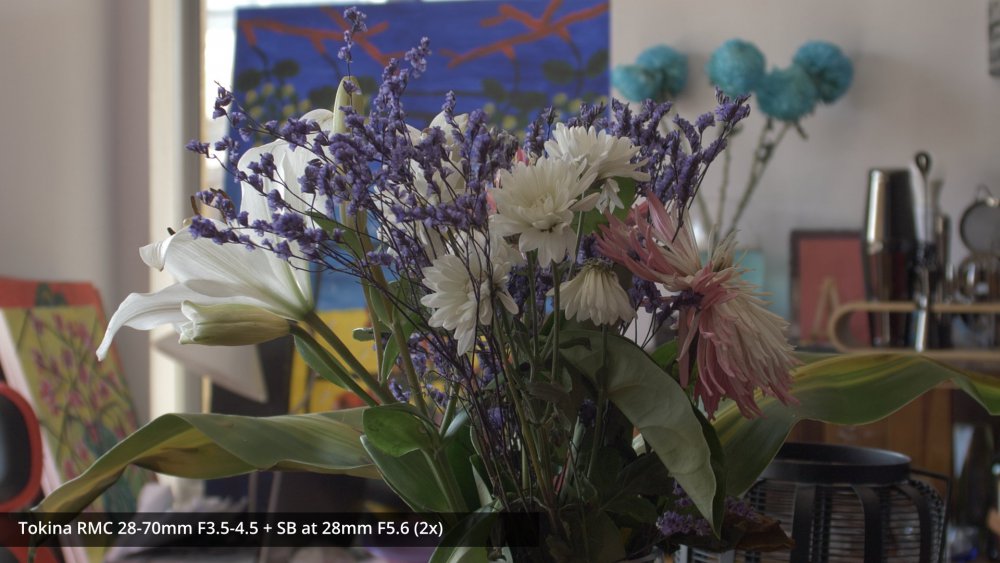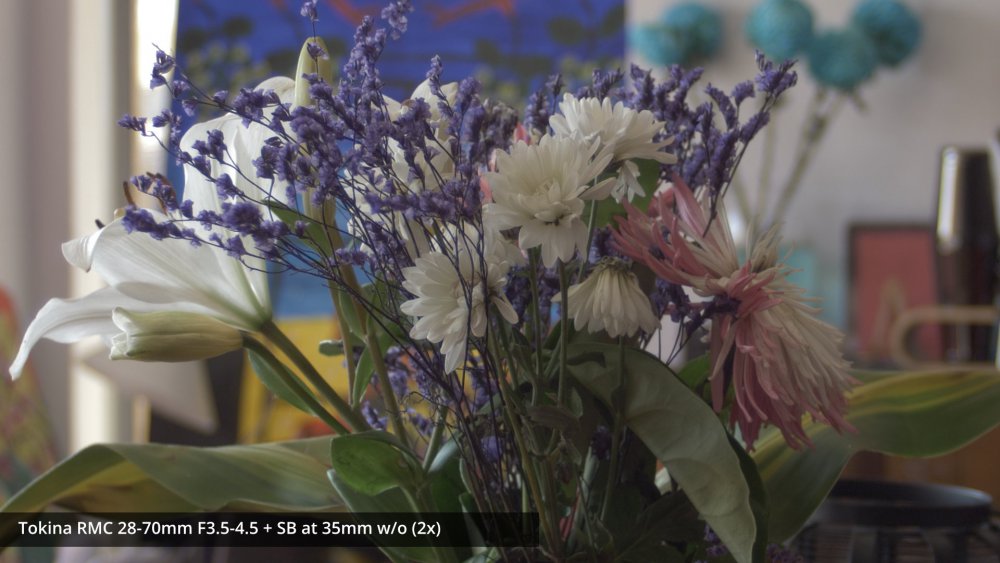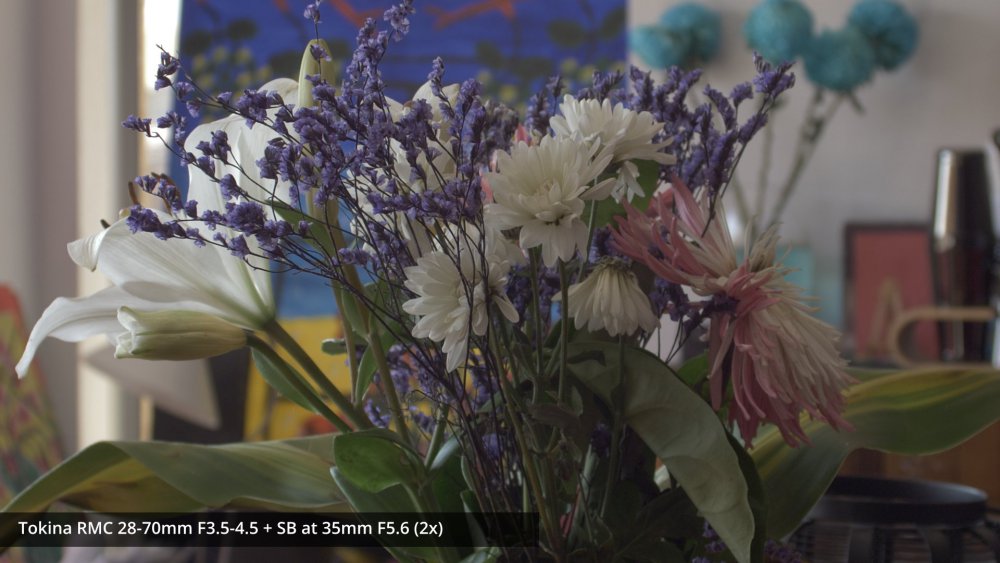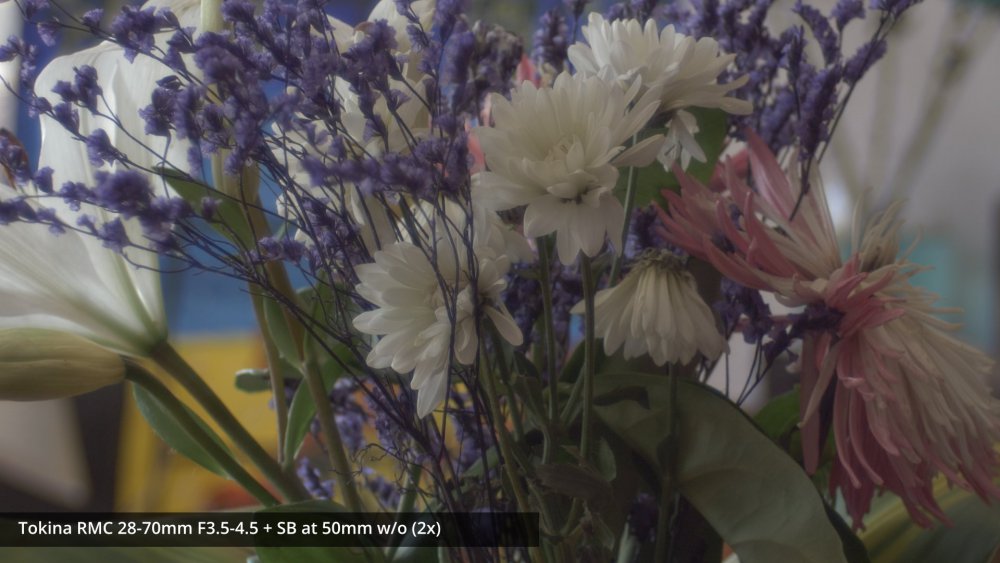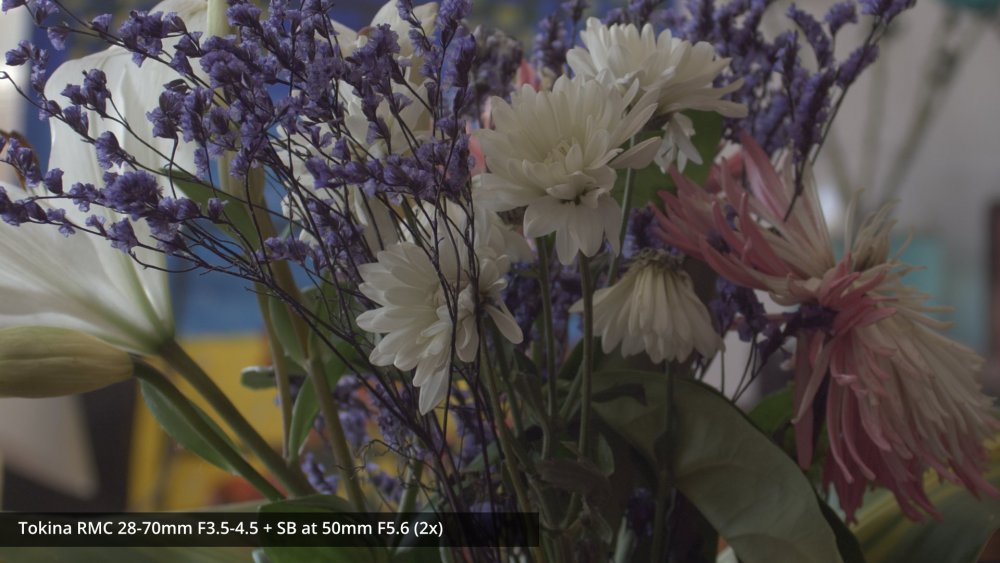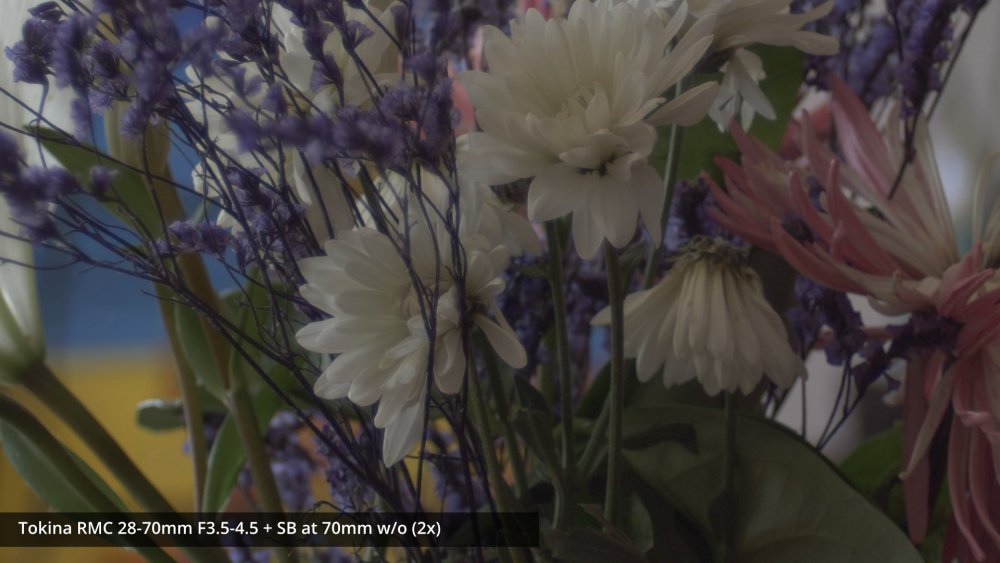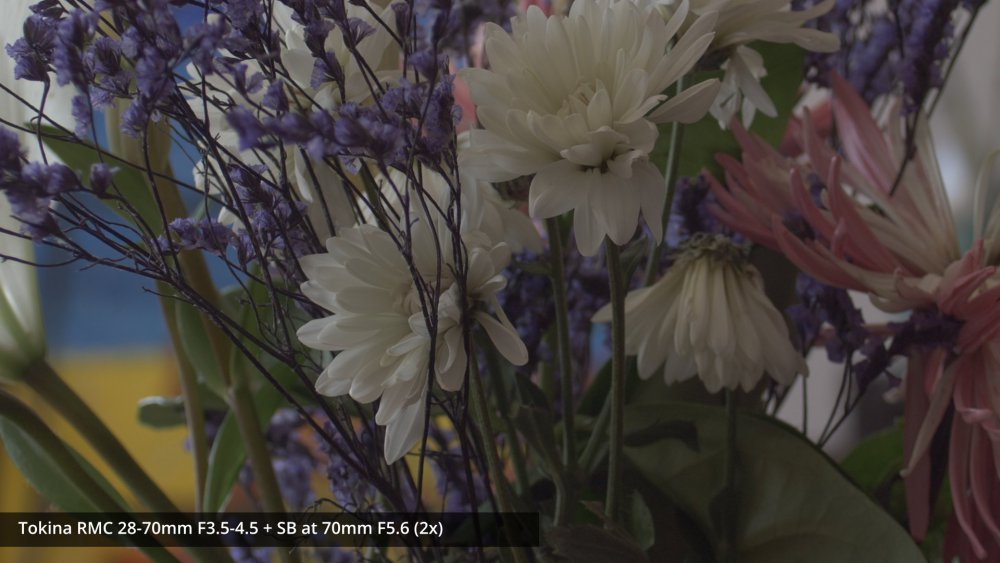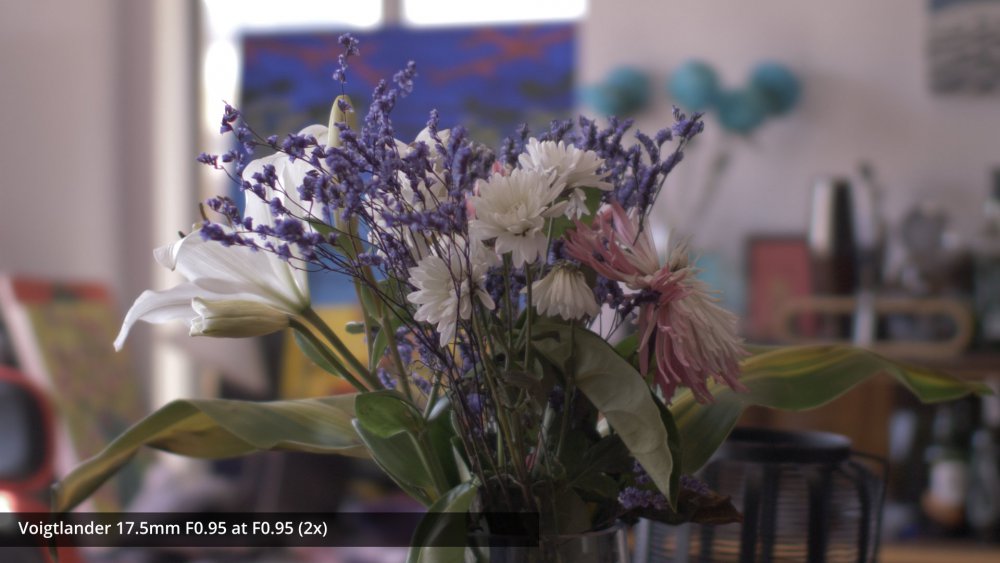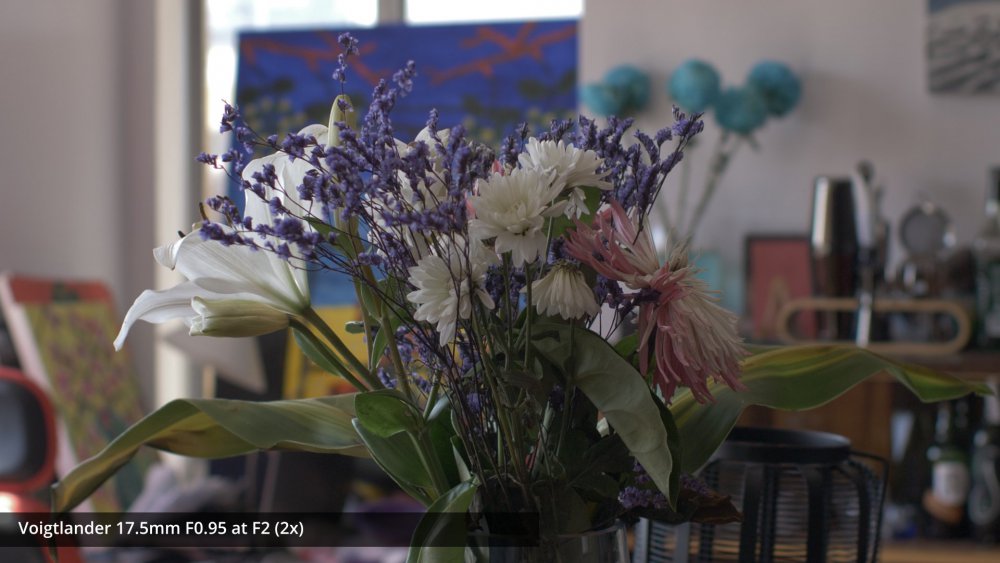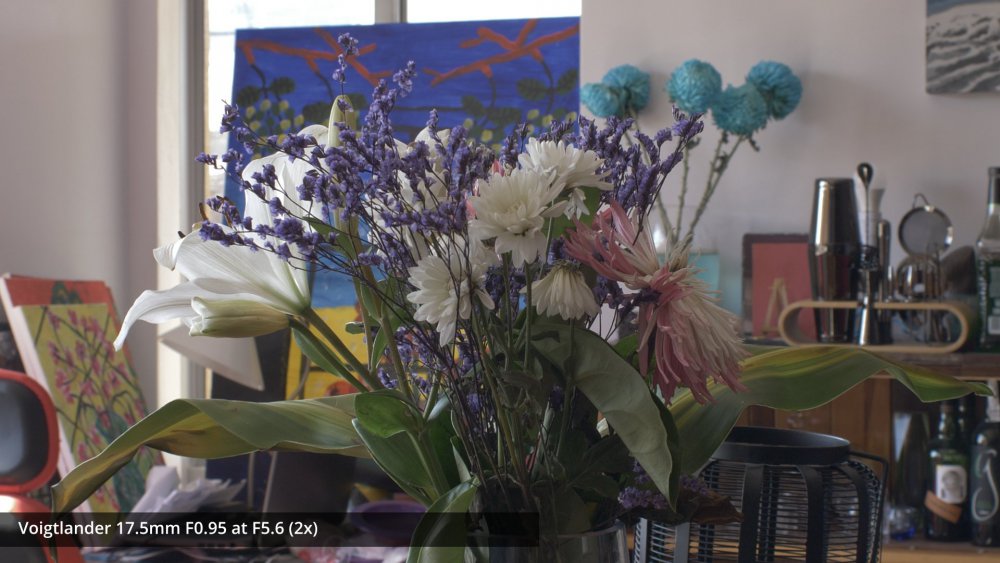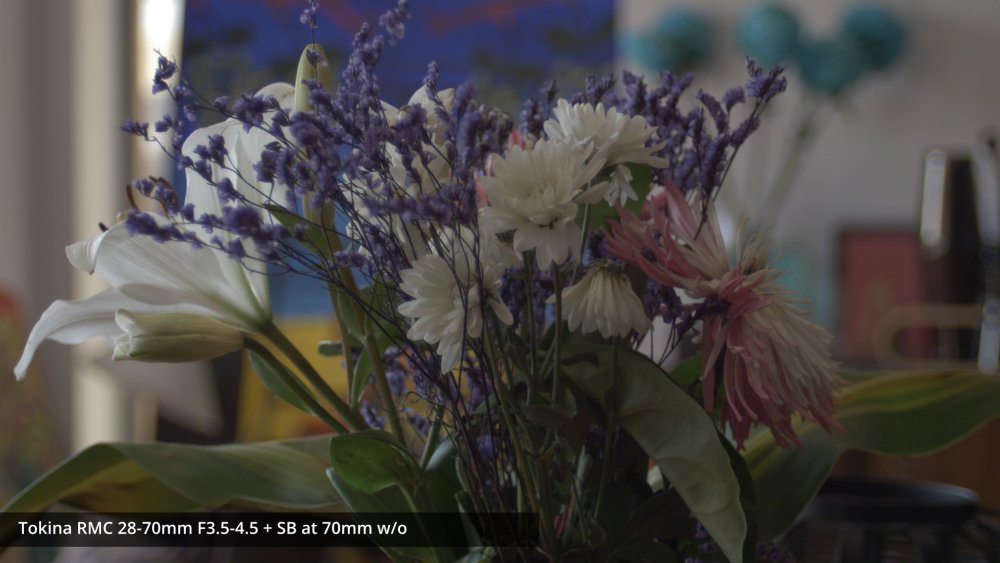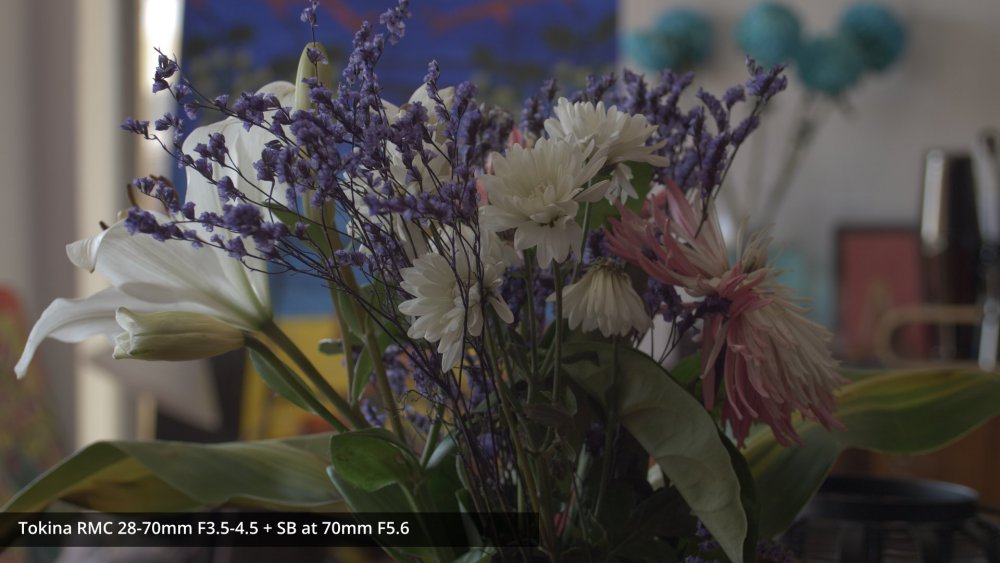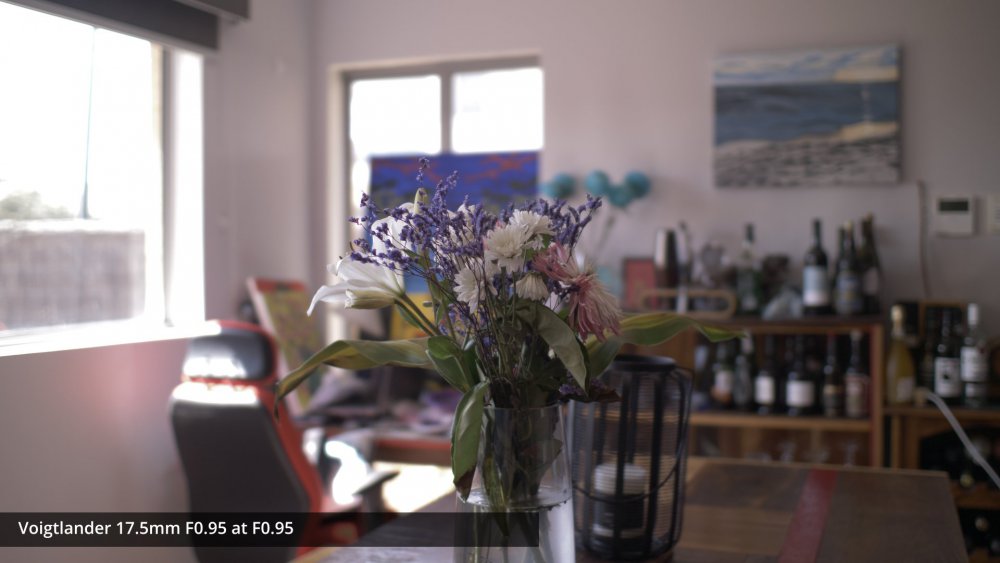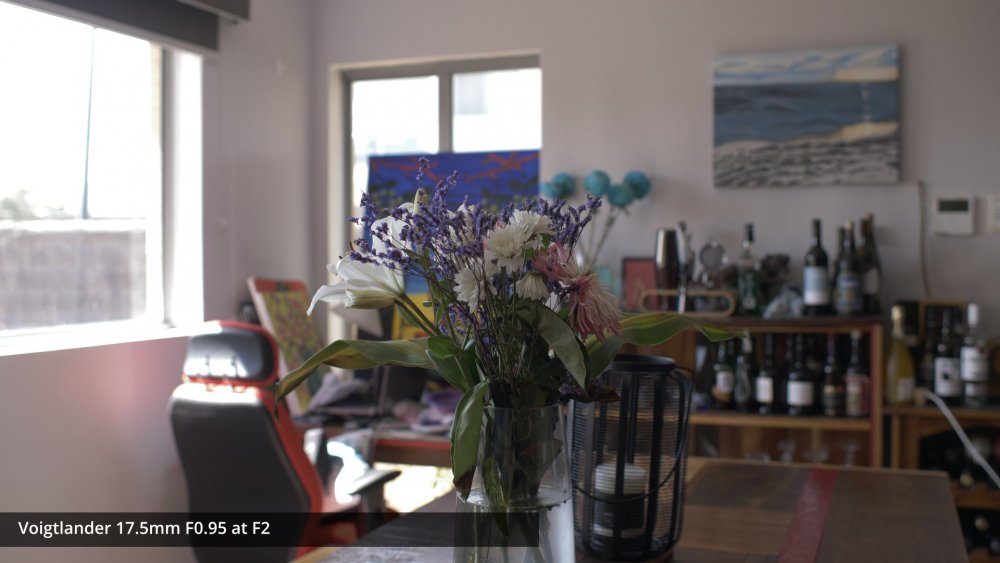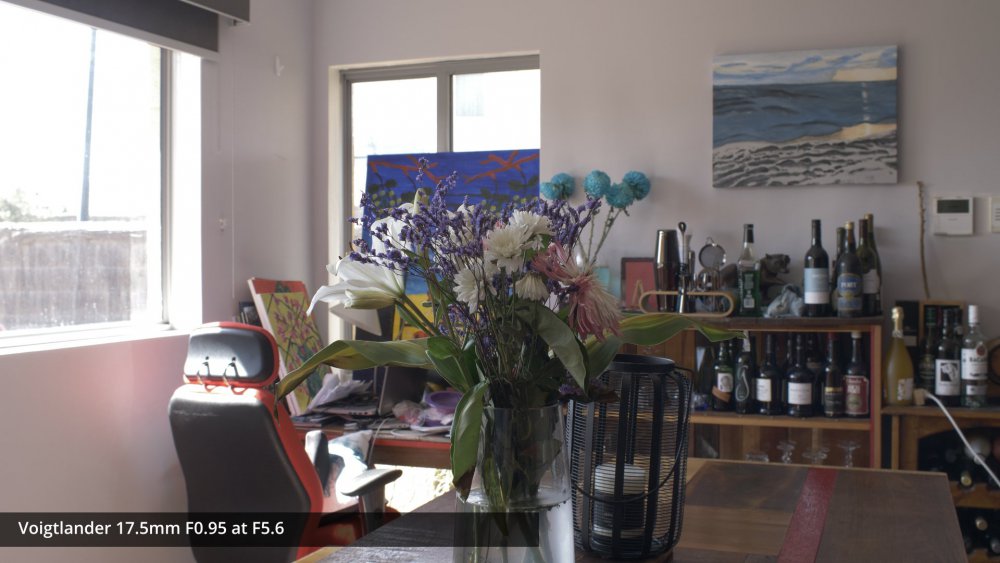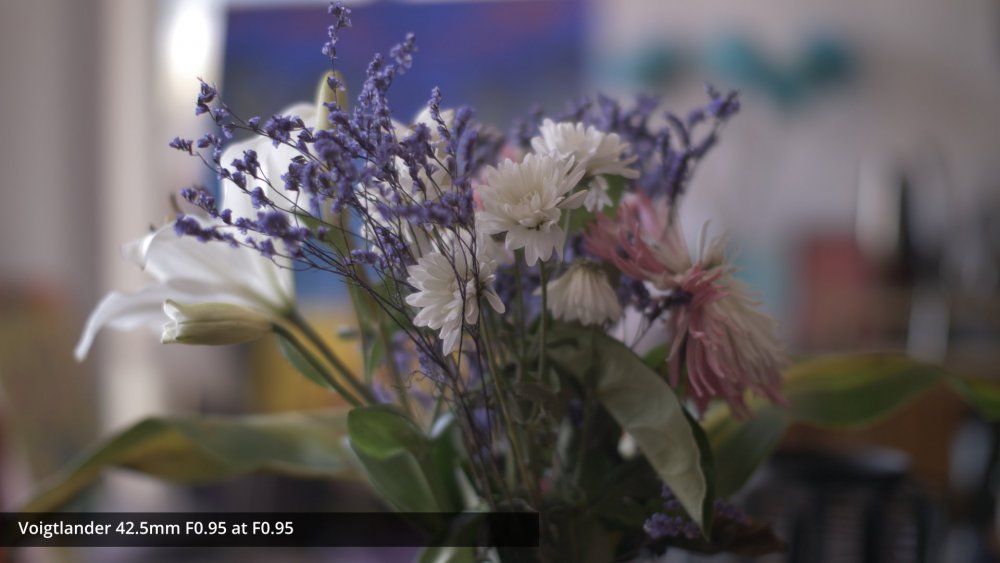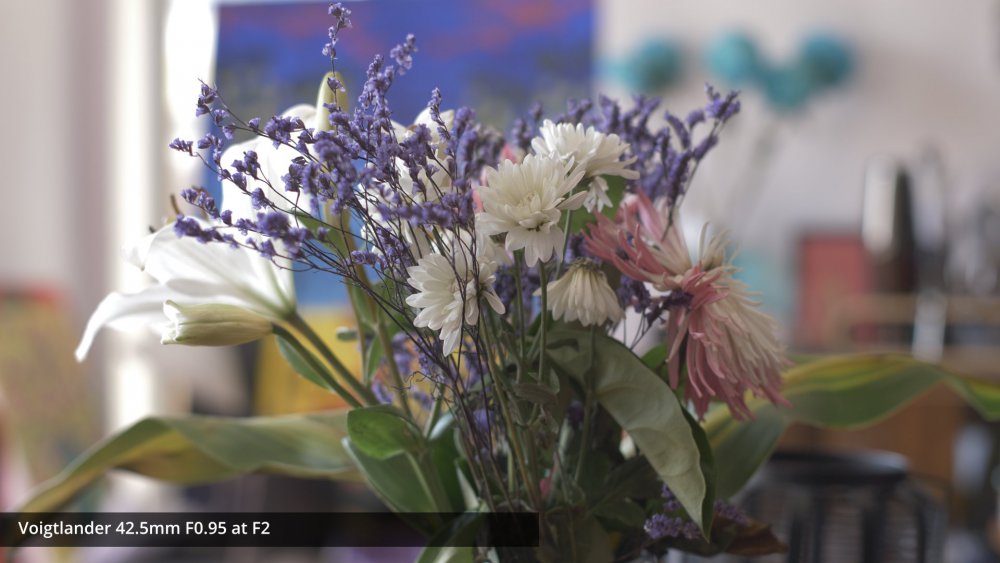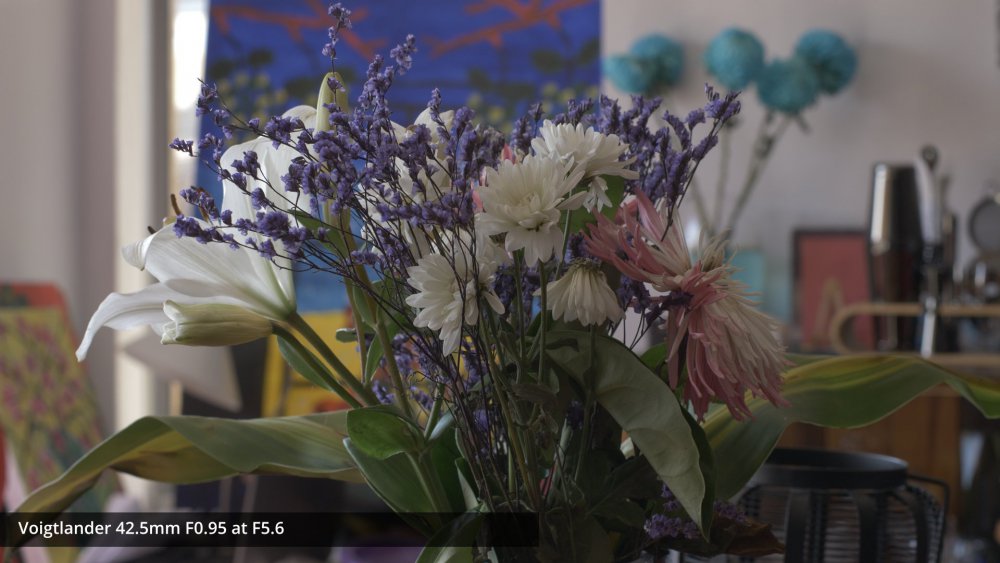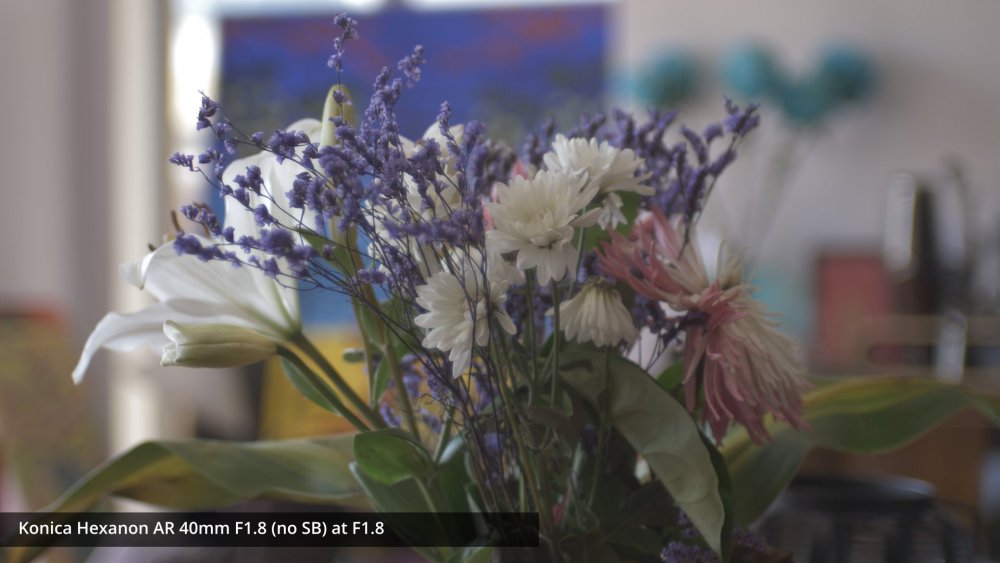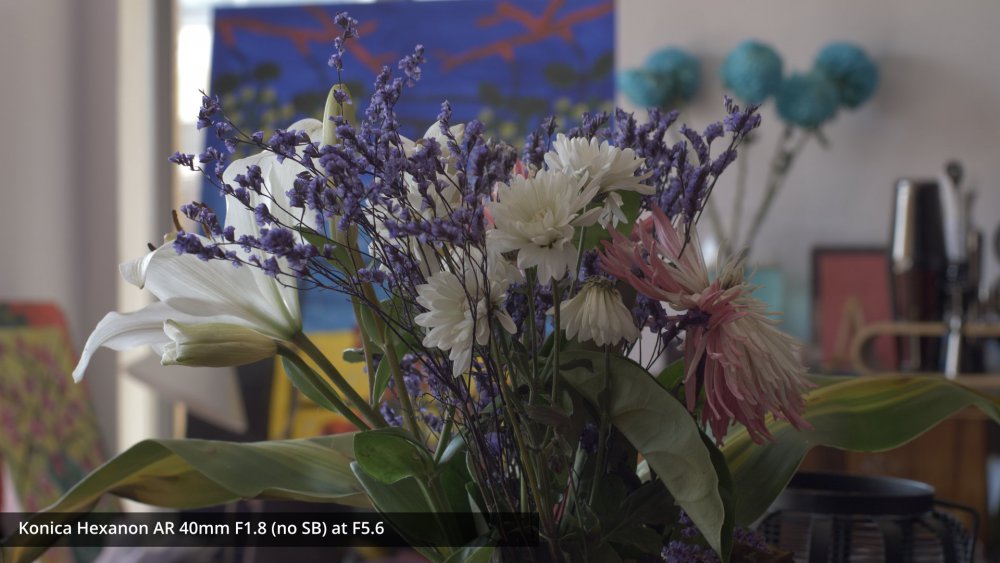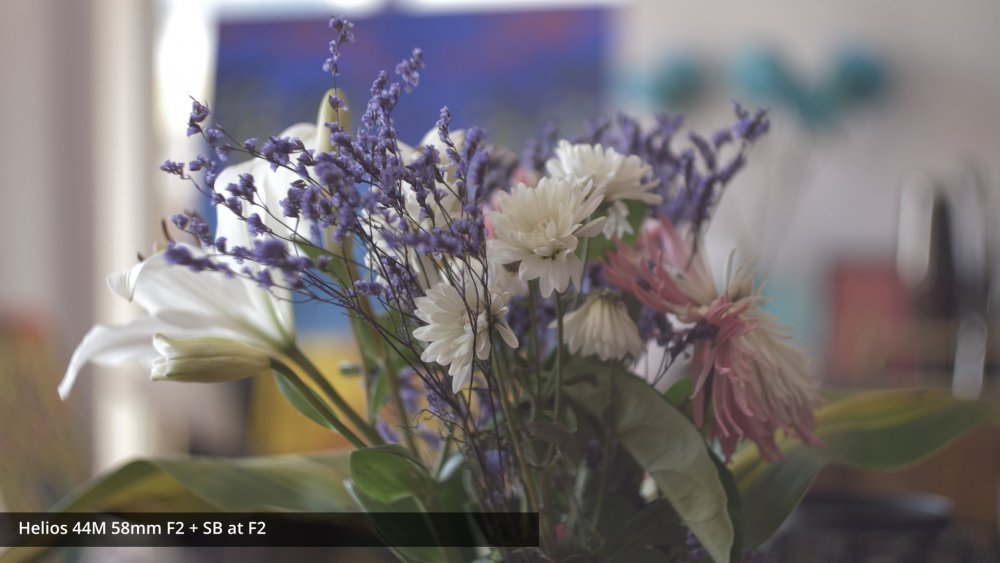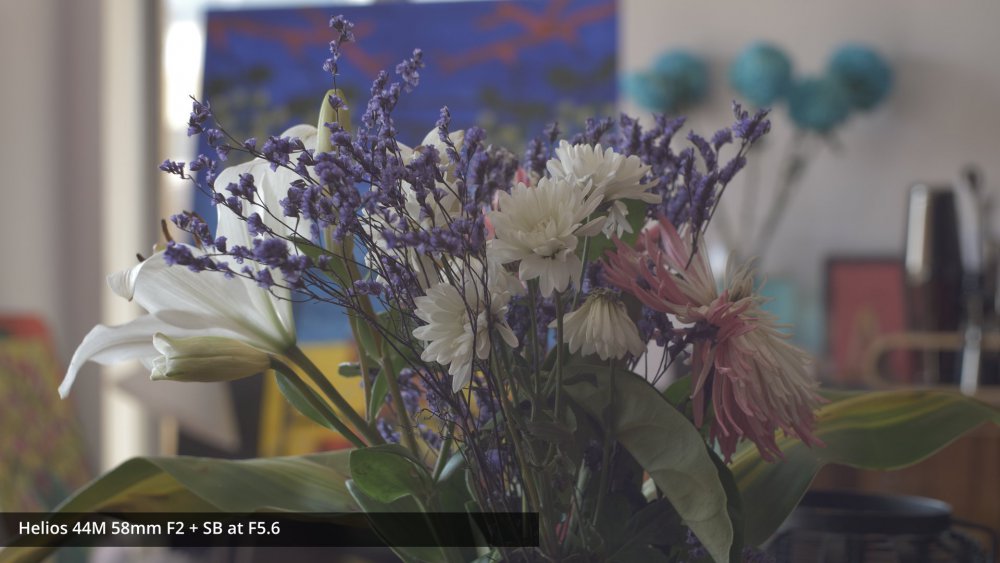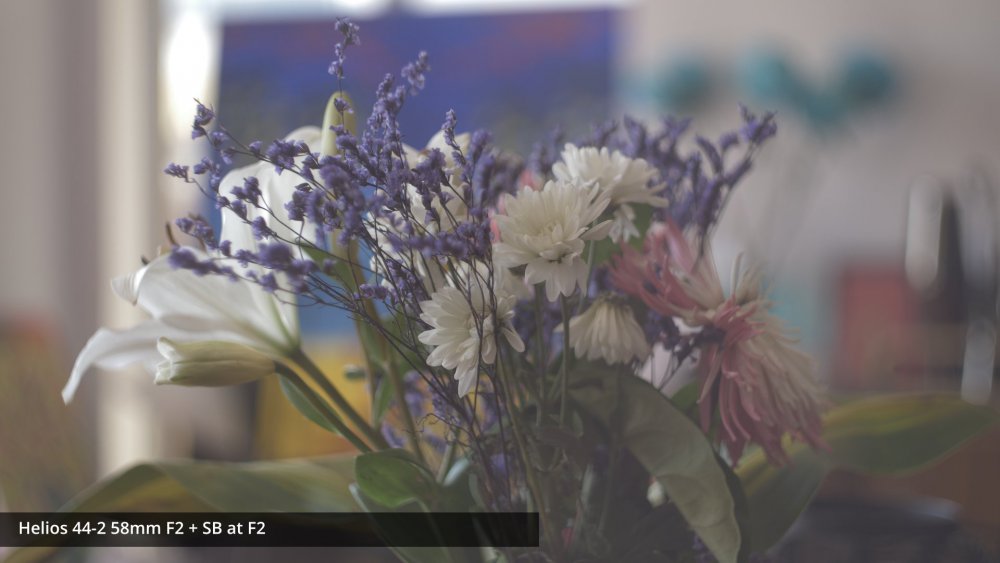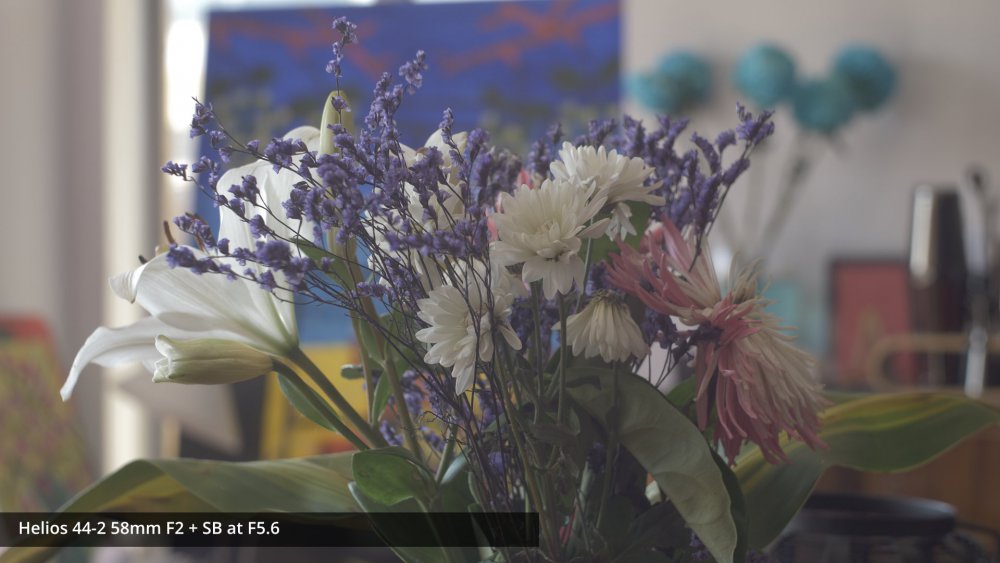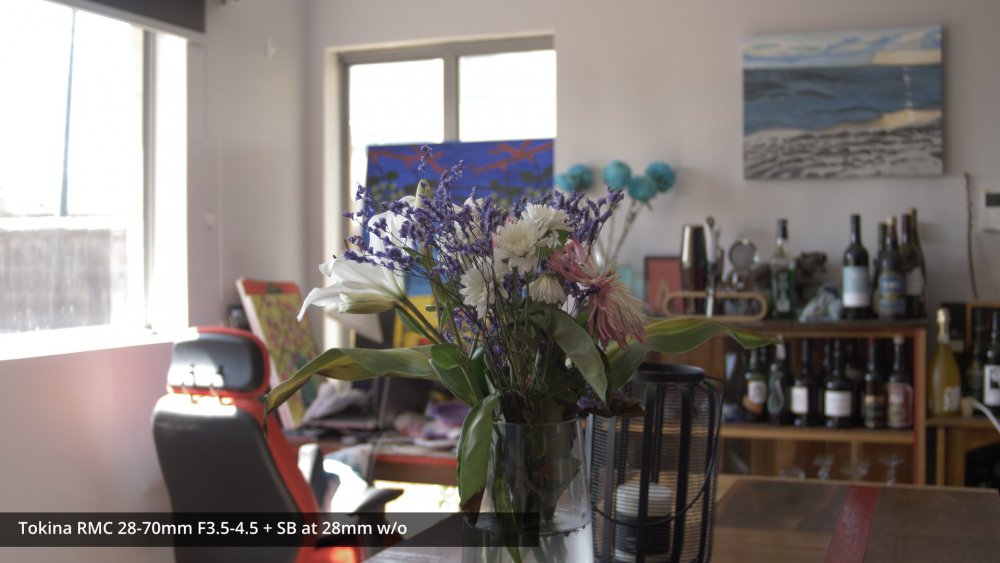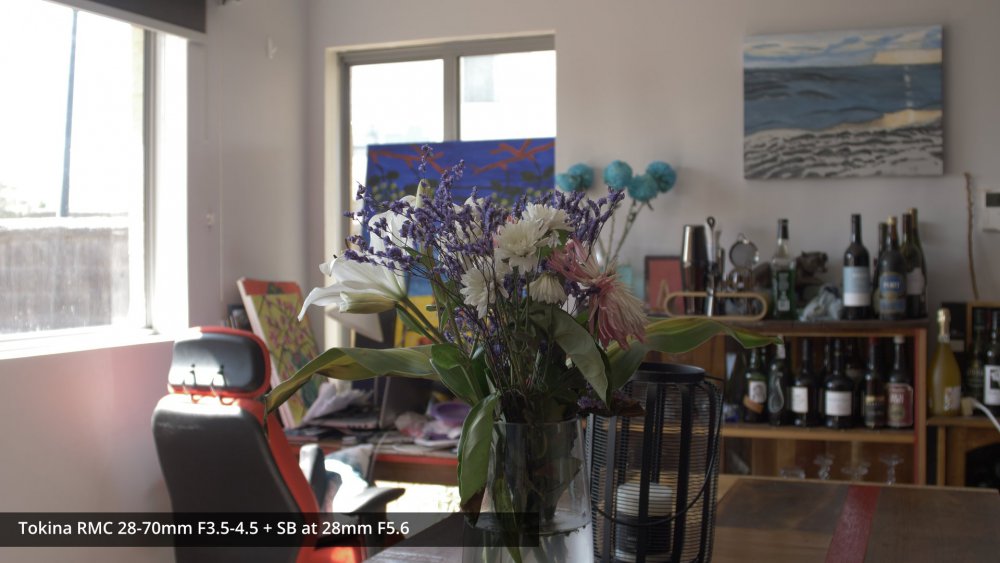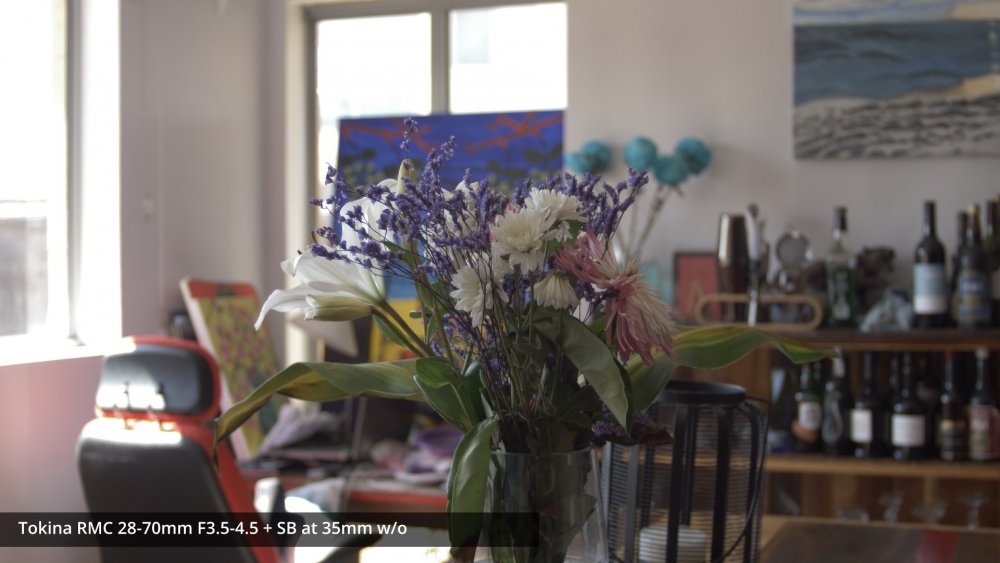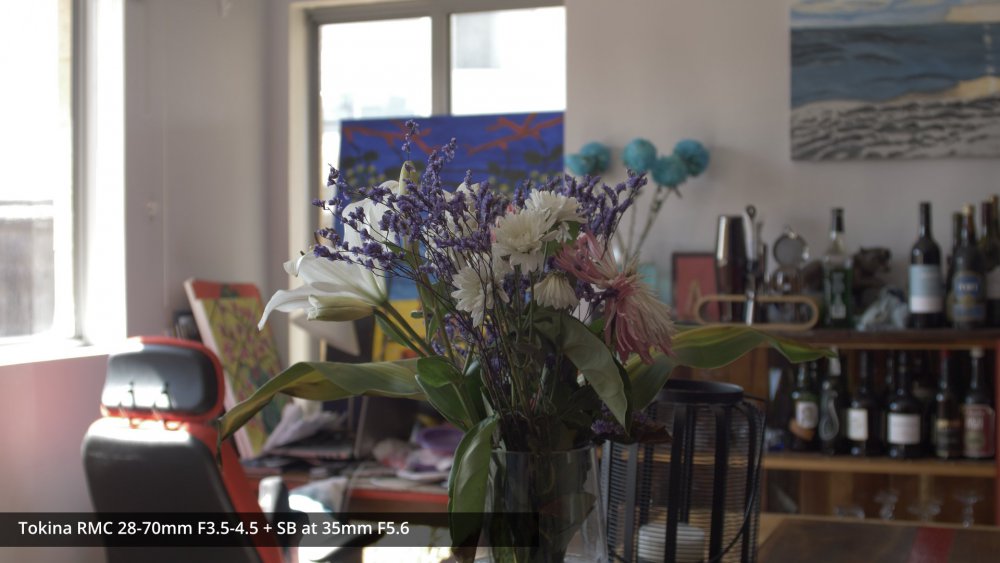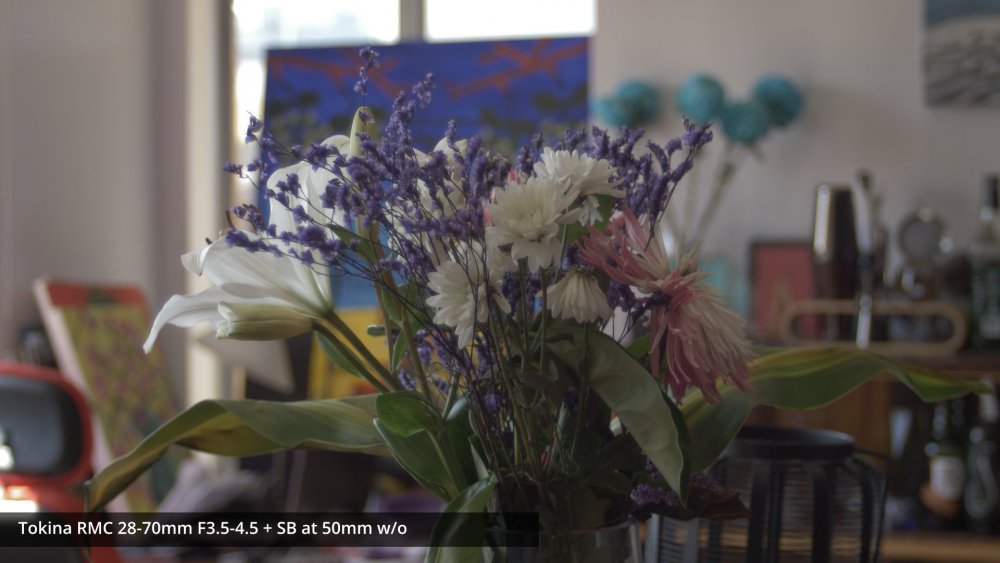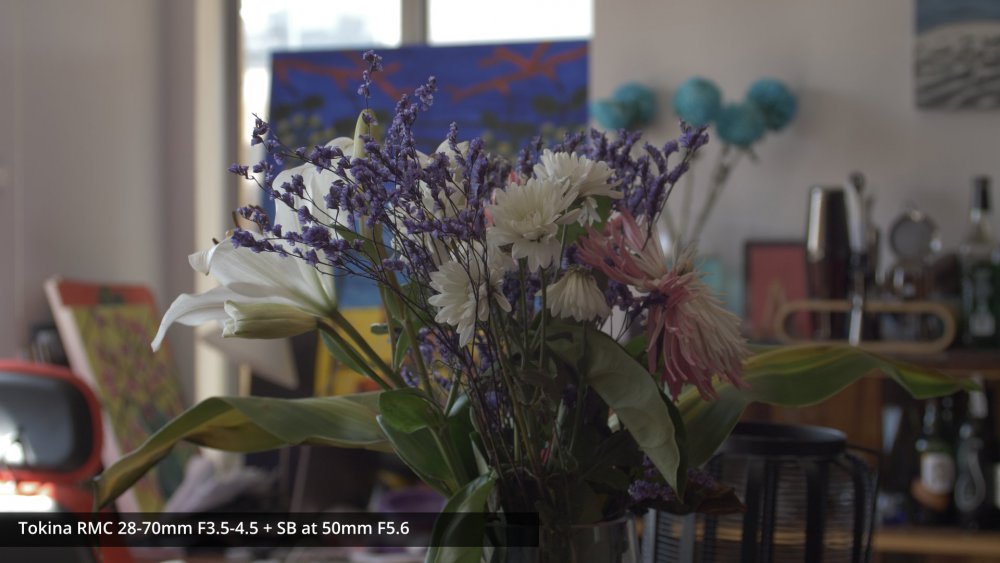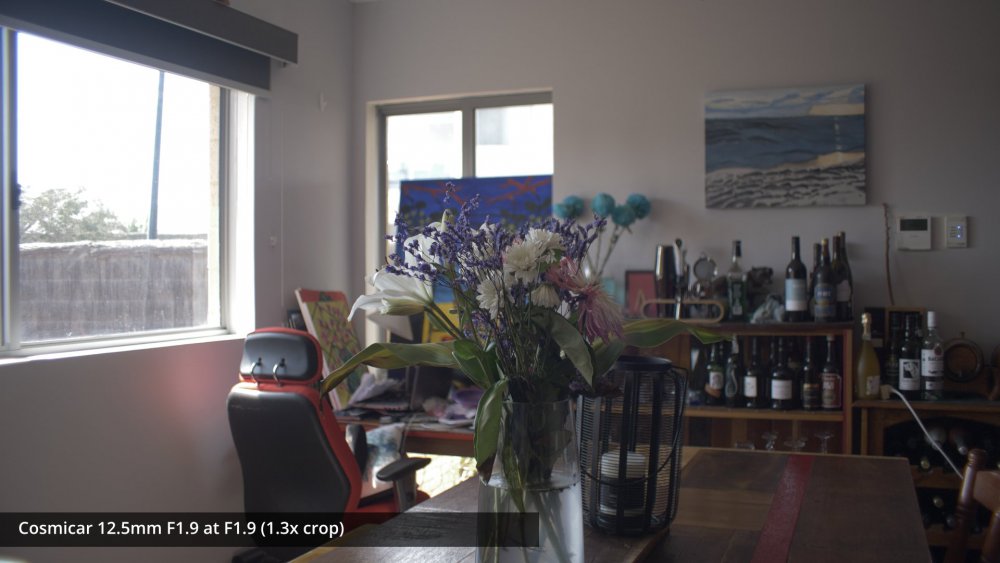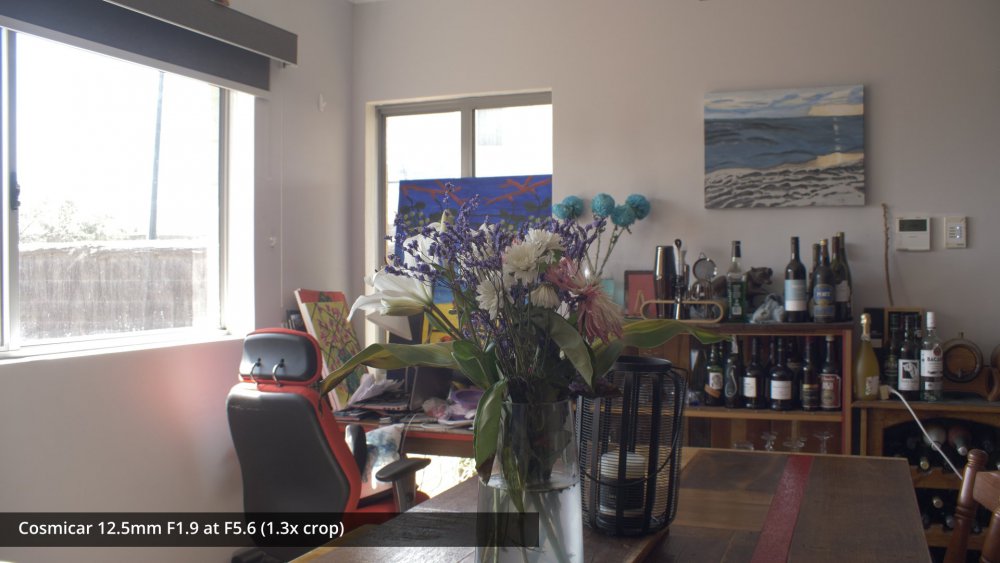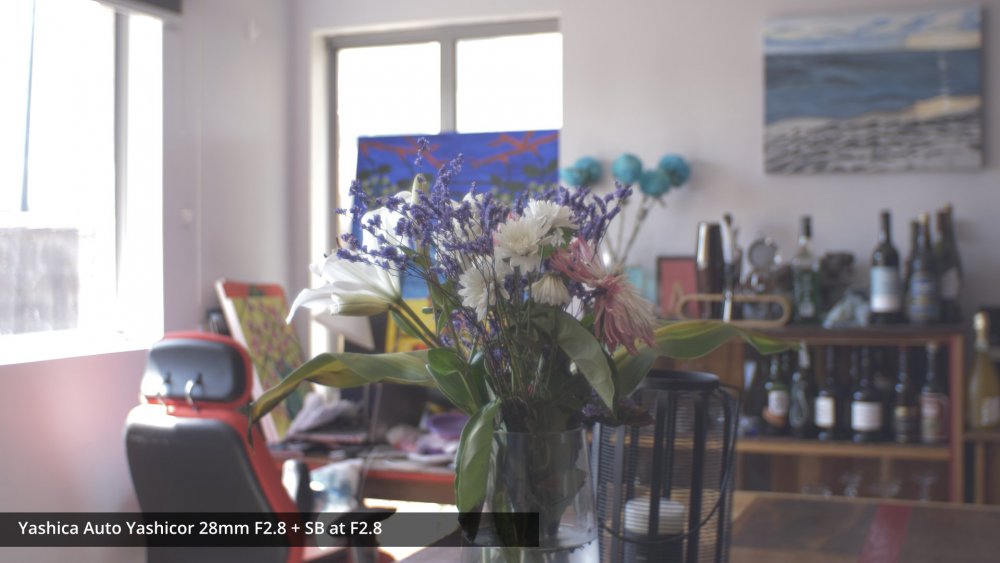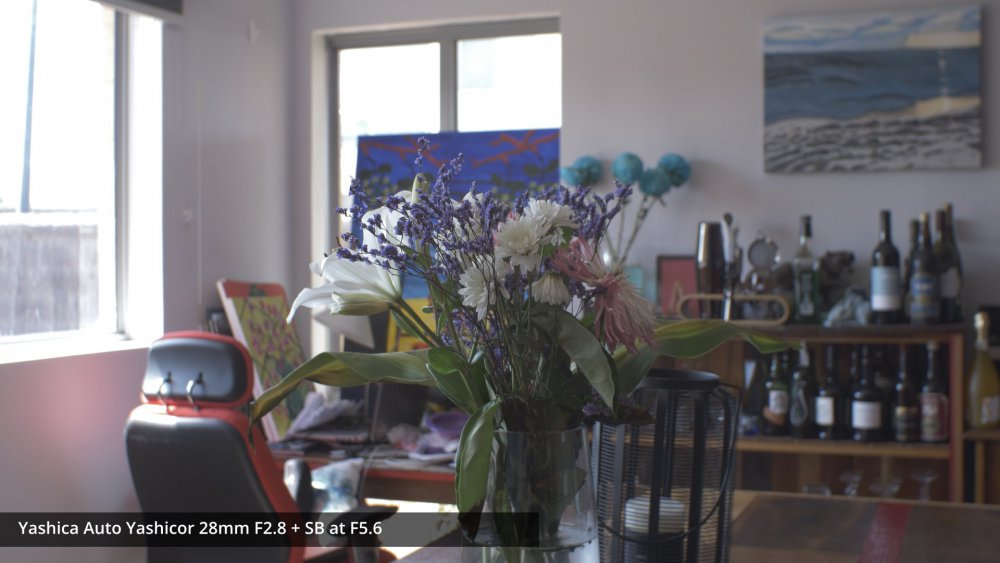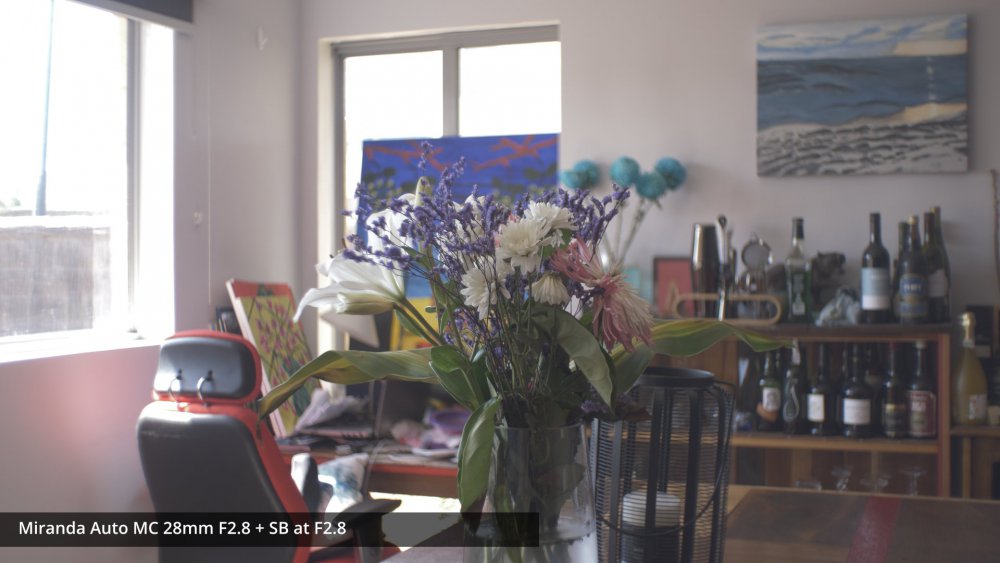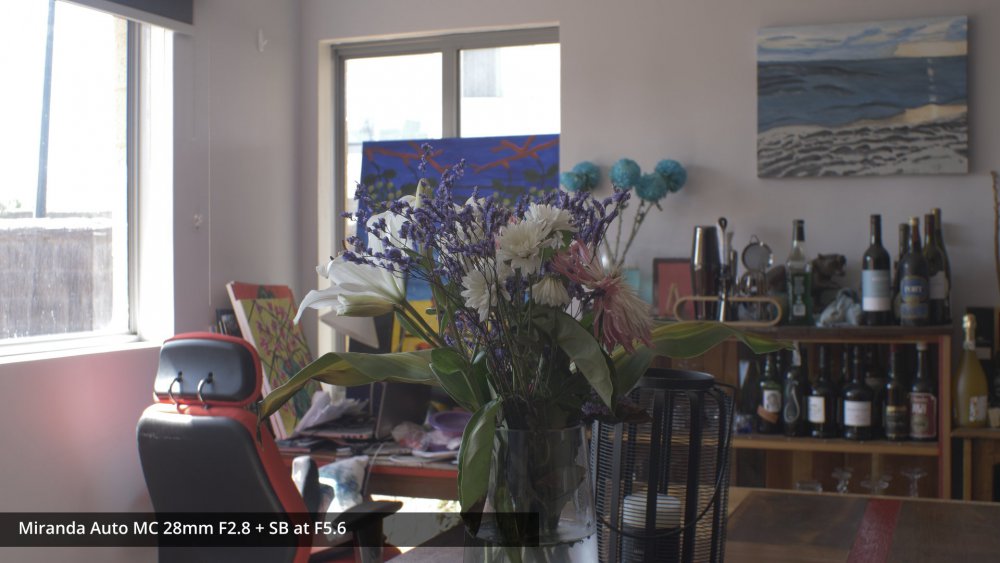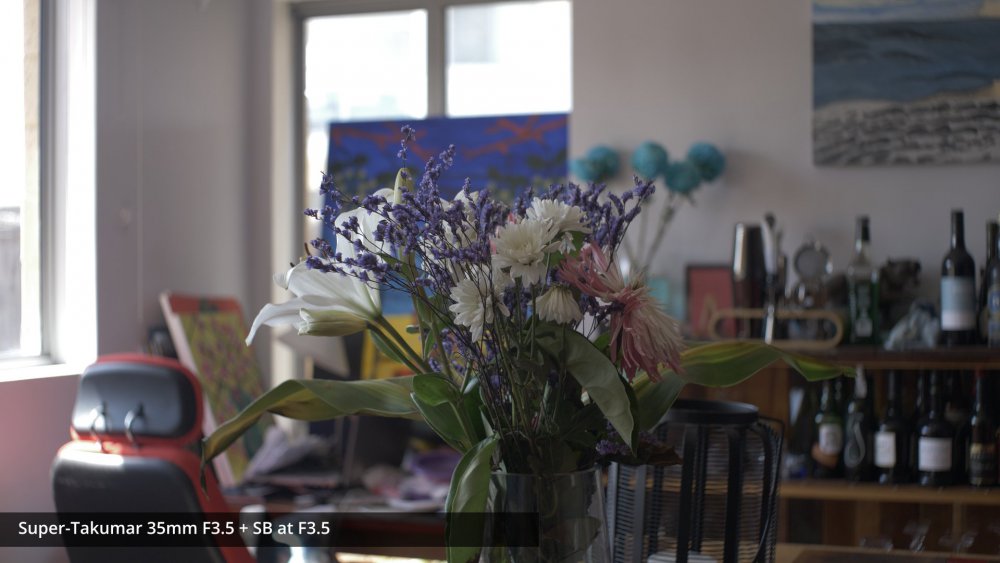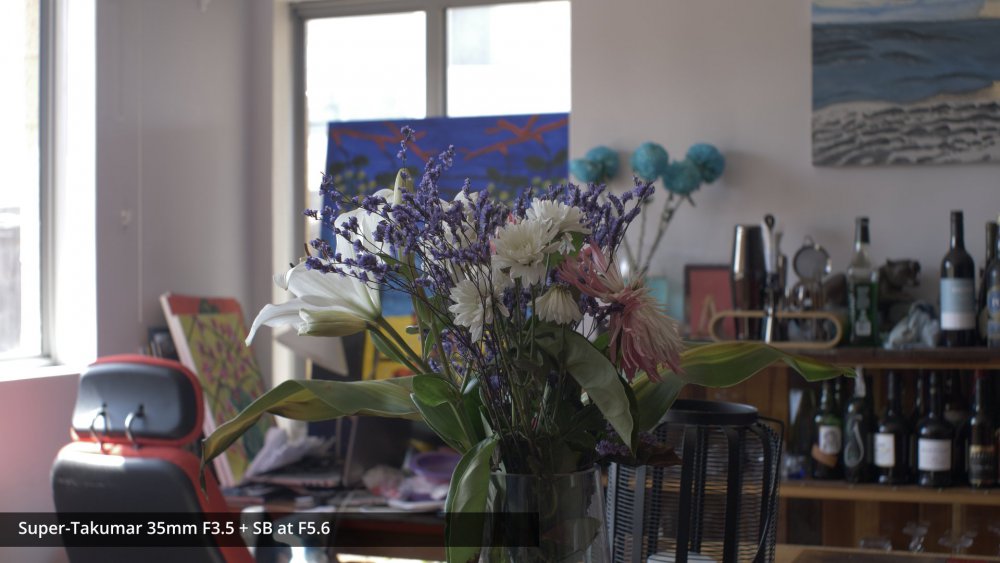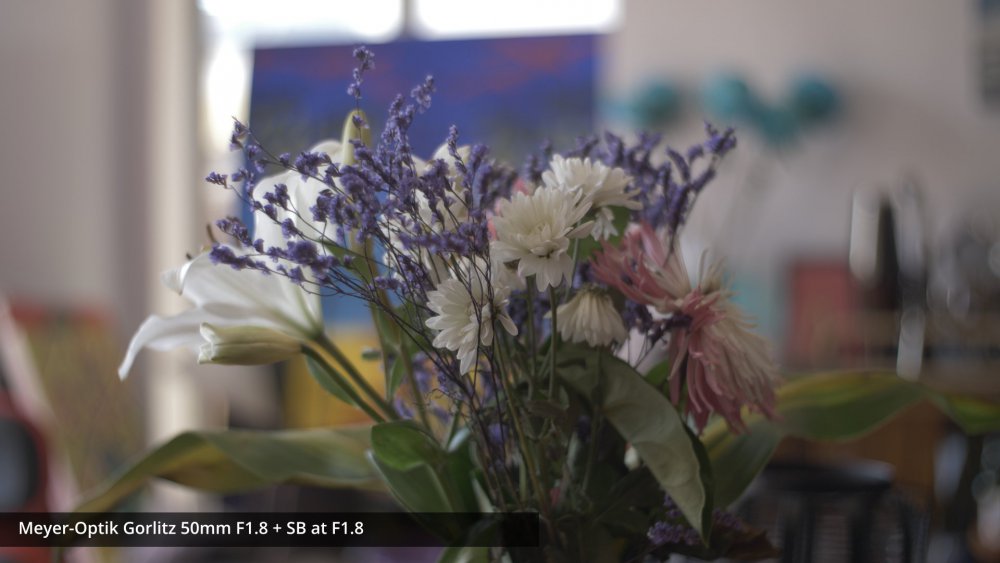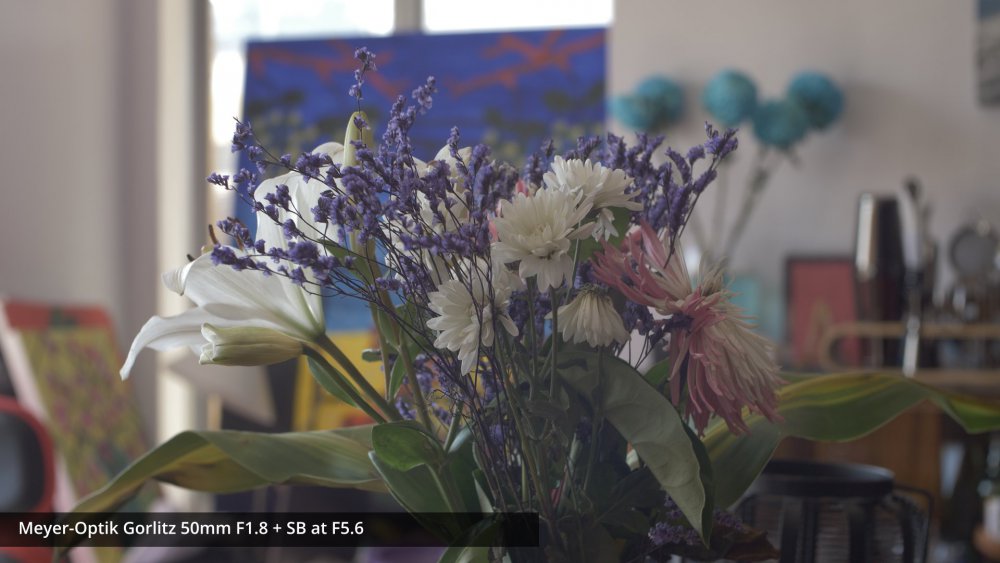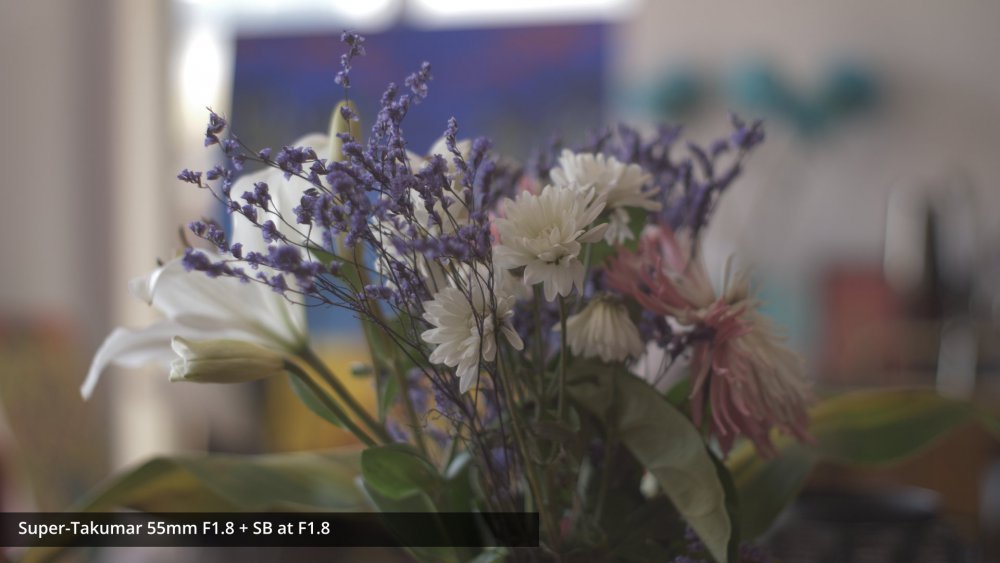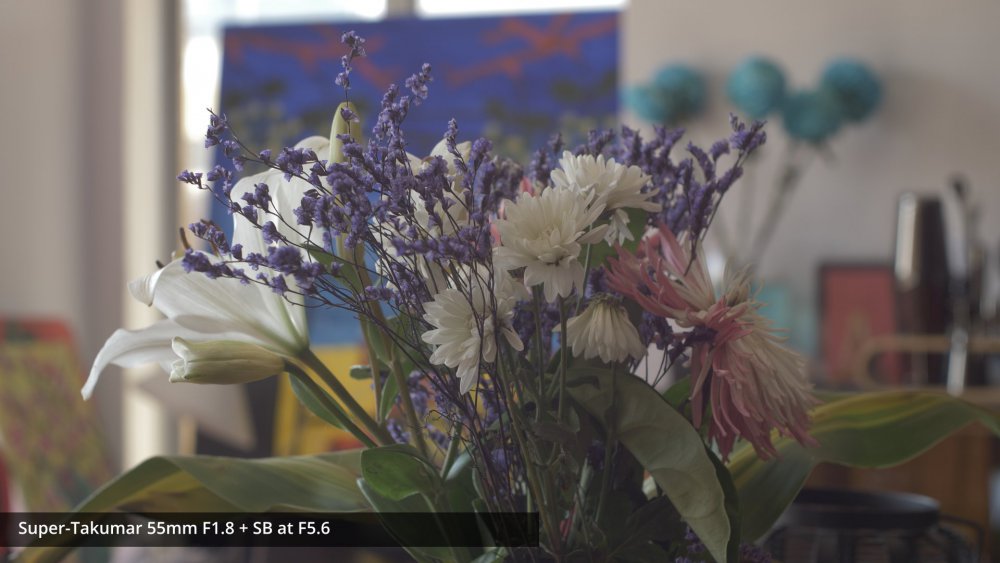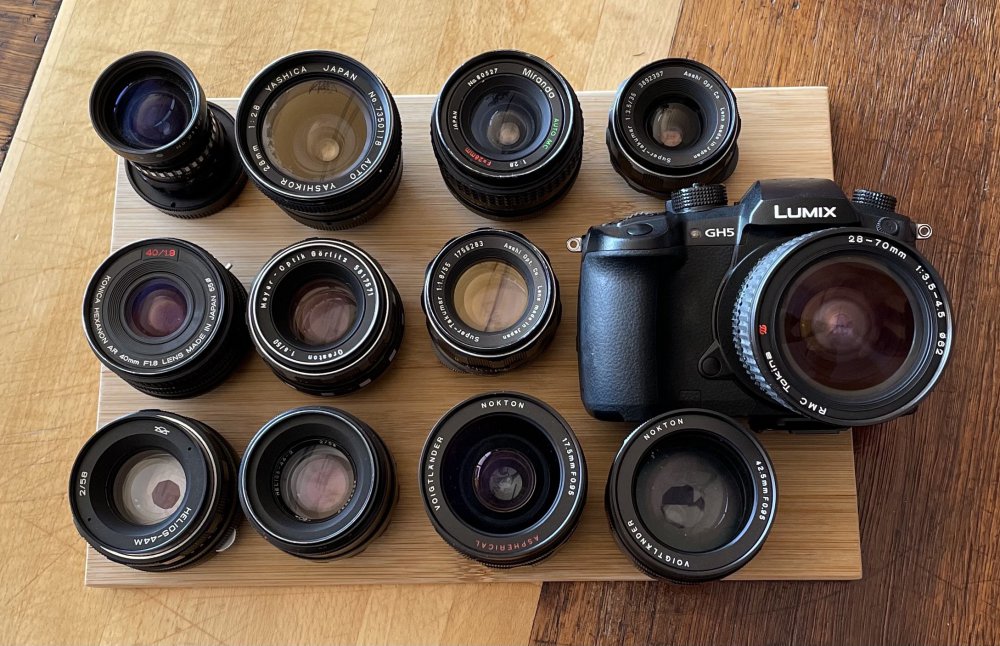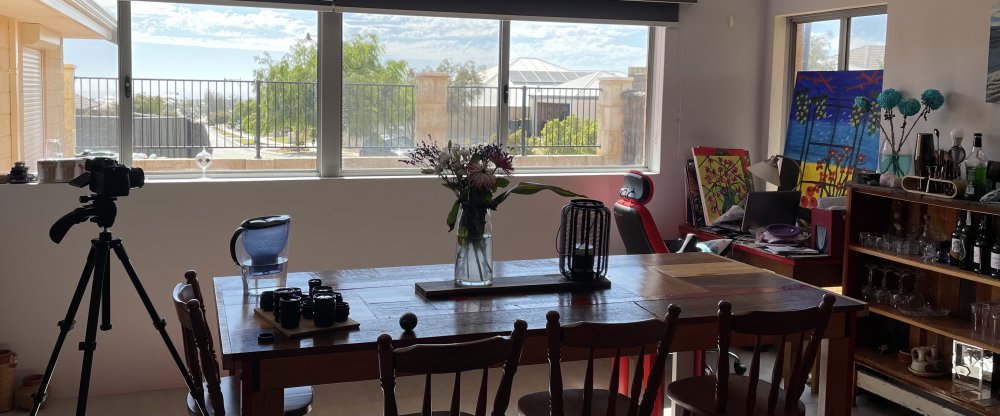-
Posts
7,835 -
Joined
-
Last visited
Content Type
Profiles
Forums
Articles
Everything posted by kye
-
Looks like they might have released a new range of lenses.... https://ymcinema.com/2021/12/27/cinema-lenses-angenieux-ultra-compact-ultra-zooms-and-primes/ They're suggesting the EZ range is good for going handheld: https://blog.angenieux.com/angénieux-ez-lenses-a-definite-choice-for-handheld That seems to be a reasonable suggestion... at least, moreso than with the Optimo range!
-
According to this chart, Canon and Angenieux are the only brands to increase their share of the rental market... I wonder what Angenieux are doing to swim upstream (even if it's just slightly)?
-
And to elaborate on the earlier points I was making about what can be done in post, here's a test I did earlier today where I very quickly did some basic adjustments to the 12-35mm in trying to match it to the Cosmicar, Yashica, and Helios. Things to note: the sun was in and out of clouds, so the lighting was changing all the time. this doesn't make it a "proper" lens test, but in real life lenses change between apertures (as you'll see from below) and besides, you never shoot the same subject from the same angle with two different lenses and then cut them together, so as long as the adjustments are within the natural variation of shots, then it's fine. the 12-35 actually required sharpening to match the Cosmicar at F1.9. Whoever said that vintage lenses couldn't be sharp wide open doesn't know anything. Besides, I find the 12-35mm F2.8 to be soft wide-open anyway - yet another reason to be disappointed at a lens that is the FF equivalent of the 24-70mm F5.6 😕 the Cosmicar is really difficult to match due to its barrel distortion and vignetting characteristics one of these shots shows the differences between the 12-35mm with and without the Tiffen BPM 1/8 filter on it - but the light changed between shooting those shots so I had to play with levels in post. This is naturally a difficult thing to do as a diffusion filter lowers local contrast, but grading footage also changes contrast, so you know, whatever... 🙂 "Matching" 12-35 to Cosmicar: "Matching" 12-35 to Yashica: The Yashica sharpens right up between f2.8 and f3.3 (half a stop) and doesn't really lose much DoF in the change, which is how I shoot with it. That's why I'm matching the 12-35 to the Yashica at F3.3. No filter vs Tiffen BPM 1/8: "Matching" 12-35 to Helios (44M): I foolishly forgot to shoot the Helios at F5.6, which would be the same DoF as the 12-35mm at F2.8, so here I put it next to the F4 shot. Obviously the ability to open up the Helios past F5.6 and get more background separation is a huge advantage, and is where the lens itself really starts revealing its lovely characteristics. Fun fun.
-
I just realised I didn't include my Industar 50mm F3.5.... I did include it in yet another test though, so here you go:
-
Ignore the colours and exposures, these were likely set to auto. This is the test where I established that: with sharp lenses (like the 12-35mm) that the GF3 is still usable, for my purposes anyway the Mir 37mm isn't sharp enough for me, regardless of codec (it's also slow and has a terrible minimum focus distance!) I prefer the softer lenses on the GX85, but that with a bit of processing (not shown) that I could soften them up in post sufficiently if required
-
One thing that I alluded to above, but is worth elaborating on, is the match of cameras to lenses. In particular, codecs vs lenses. My GF3 has a 14Mbps 1080p codec, and zero controls in movie mode. However, it's small and I don't mind losing it so it's the perfect form-factor for shooting with abandon. If I lost it I'd probably replace it. My GX85, however, has a 100Mbps 4K codec, and is larger and more expensive. So the question of optimum sharpness needs to be tested, which I did*..... (* because hard work makes the dream work)
-
Perhaps the thing to keep in mind is that she says in the description "Selections of visuals from an upcoming feature project". So, in a sense, this is B-roll, and in a sense, this edit is a camera test for YT. I need to up my game with camera tests!
-
I've been digesting these images for a while now, and in previous tests it's always been the Cosmicar (Pentax) and the Helios that stood out the most, but I must admit that the Meyer 50/1.8 has really attracted my eye. It's very new (to me!) and this is the first test I've included it in and I must say it really holds its own.. I also like the Tokina RMC zoom. Of course, it has a couple of stops of advantage over the F2 lenses, but I bought it as a walk-around lens for the GX85 (44-100mm equivalent) and I'm really happy with it for this purpose. I'm yet to use it for real, but the images from it are great. The Takumar 55/1.8 is a funny lens. I've owned it a long time and tested it before and it has a particular rendering.. I wouldn't call it "painterly" but it's definitely *something*... but it's 2D as hell. Despite the fast aperture and blurring the backgrounds well, the images just lack depth. I found that in previous tests with all my Takumars. Great to see you back! 🙂 I must say that I thought the Voigts were too soft wide open for me, but I've since developed and explored my tastes, and found that this isn't really the case any more. What I haven't shown here is that you can sharpen them up a bit and adjust the magenta hue and the wide-open images fit much better with those stopped down. Lenses are a funny thing, and I definitely agree that it's up to us to enhance or minimise their character as we choose. That's definitely how cinematographers think of them - as spices to compliment the specifics of a project. What is interesting to me is that some of the things that cinematographers rely on lenses to do can easily be done in post, some other things can be done in post but require extreme effort, and other things are impossible in post. I once caused a borderline-argument between a guy from ILM and a senior colourist over this very topic - I asked what could be done in post to emulate a vintage lens look (just a generic one - nothing accurate) and the colourists were saying "nothing" and the ILM guy said that they do it all the time with compositing. I think the point of friction was the colourists (quite rightly) not wanting every client to read that and then expect miracles for free on every job. Fincher even shot Mindhunter on modern-looking lenses and added in the vintage effects in post: https://thefincheranalyst.com/2018/08/29/color-grading-netflixs-mindhunter/ There's a video somewhere of the colourist Eric Weidt stepping through his node trees in Baselight that was fascinating. You're right about the Aperture DoF equivalents... I forgot that the DoF emulations take into account the camera you select and I'd omitted that in my comparisons. I had seen that discrepancy some time ago in other setting but hadn't explored further until now. The table should be: The red indicates that there isn't an 11mm FF rectilinear lens (or one that I could afford anyway!) so I'd keep the Laowa 7.5mm F2 lens on MFT until I went to FF. I actually stopped using it because it wasn't sharp - wide-open at least. I have two copies and neither is good wide open. Here are the 2X crops - you'll see that it doesn't compare well with other lenses. Maybe stopped down it's sharp, but what's the point of buying a fast lens if you can't use the first few stops? Not as sharp as...... The Konica has a reputation online as being one of the sharpest lenses ever made. I'm not sure where that comes from really. Nope.. both are "Super-Takumar". I haven't compared the various coatings of different Takumars, but I suspect that it's like all things on the internet where there will be a few percent difference between them and the best ones sell for 5x the price, despite only being 4% better...
-
Courtesy of Panasonic.com https://www.panasonic.com/global/consumer/lumix/g/gh6.html?fbclid=IwAR0WjdgqpEcUl__FSRVUzNYceDUJT4jBZeOmAyOr4ib8Oc0nZ3lXKUuG0s8 Seemed this slipped by without much fuss, but it looks like they're still on the case despite pandemic and chip shortages. If things weren't going well then I doubt they'd publish an update at all...
-
I'm still digesting the images but thought I'd share some background to this test, and my lenses in general. I shoot a few different scenarios, short outings with family (eg, a walk on the beach), events with friends and family (eg, state fair or other kind of event), holidays with family (domestic and international), and the kids playing sports. The aesthetic of what I shoot is quite specific as it's about what happens, which means: The camera represents me and my POV most of the time, so how I hand-hold it and compose images, what I focus on and how fast I do so (manual focus), is part of the videos I make. I have one aesthetic - sentimental. I don't film when my wife is tired, we get lost, the kids are grumpy, someone is getting yelled at for misbehaving, etc. These are the videos of memory, the people who we are, where we went, what we did, the experiences we had. It doesn't have to be rosy, but it's either near the neutral point or on the positive side of the spectrum. I have one subject - family and friends interacting with each other and the situation. Environmental portraits really. I have four fields of view. These correspond to (FF equivalents): 35mm which gives environmental portraits from the distance I normally find myself when travelling with friends/family, which lines up nicely with the subject/location interaction. This is most of my shots. 16mm which gives those WOW shots for architecture and large vistas. 85mm which is the perspective of seeing little moments that other people are sharing that I'm not part of (eg, my wife interacting with the kids while they don't know I'm watching / filming). telephoto (150mm+) which is the experience of looking at animals at zoos or safaris, people playing sports, or detail shots of large panoramas (eg, lookouts over cities etc). I shoot what happens, I don't direct, I get no second chances. We experience life first, shooting comes second, always. This also means I want to attract the least attention, because being surrounded by people who are looking at the camera isn't my idea of a great holiday. I am moving from representing what happened to how the experience felt. This is a fundamental shift and pushes me in the direction of softer renderings, playing with time, elements of non-linear editing, more creative colour grades, and essentially going the exact opposite of the video look. A pretty good compass is that if someone with a P4K or P6K and Sigma 18-35mm says I should do something, I should do the opposite! I don't yet know what lenses will best give this aesthetic, but I do know that I don't want to shoot RAW as my shooting ratio is high and file sizes become ridiculous, and due to compressed files always being sharpened I don't want overly sharp lenses. I find myself in so many different scenarios that trying to separate things out in this way doesn't quite work, so I'll start with the equipment and work backwards. I have three main cameras, and these naturally pair with certain lenses, and suggest suitability for different things: GF3, which has good colour but poor 1080p codec, so really needs to be paired with super-sharp lenses. It also lacks IBIS and any control in video mode at all, but has pretty good AF. GF3 + 15mm F8 'lenscap' lens - truly pocketable, fixed focus, has the 30mm FOV, but rubbish low-light so it's day only GF3 + 14mm F2.5 - still pocketable (just), but can do low(ish) light GF3 + 12-35mm f2.8 - not pocketable, has OIS, flexible zoom range GX85, which has good colour, good codec, IBIS, but is quite sharp (even on a 1080p timeline). Best paired with vintage lenses to avoid the video look. GX85 + 12.5mm F1.9 - ~35mm FOV, sensor coverage isn't 100% even with EIS enabled, so composition trips me up sometimes. GX85 + 28mm F2.8 + SB - 44mm FOV (not too far away from 35mm) and shallower DoF than the 12.5mm (even at F4) GX85 + 28-70mm + SB - 44-110mm FOV, potentially a great walk-around combo GX85 + Helios + SB - 90mm FOV, lovely images GH5, which is great at almost everything, but is large and doesn't have great low-light. This is almost always paired with primes. I currently shoot MFT, obviously, but may eventually go FF. This lead me down a line of thinking where I realised that a FF F1.4 lens is only one stop slower than my F0.95 Voigtlanders, and if I put them on a SB then I can get the same exposure into the GH5 (which doesn't have great low-light). Also, because the DoF is so much shallower on FF lenses, if I matched the DoF to get the same amount of background defocus as I have now (which is useful for subject separation in the very busy environments I shoot in), then I'd only need to sacrifice one stop of light, which would be fine in most situations. This leads to the following: So, I would need: 15mm F8 (or faster) 24mm F2 (or faster)* 35mm F4 (or faster) 60mm F2 (or faster)* 85mm F4 (or faster) * = lenses to be used with SB on MFT prior to moving to FF. One massive con to the whole thing is that I'd be throwing away the huge advantage that MFT has had over FF until very recently, which is the ability to gather a huge amount of light but not pair it with unusably shallow DoF. MFT has a two-stop exposure advantage over FF for the same FoV/DoF, which I really need with the poor ISO performance of the GH5. I suspect that this advantage will become nullified in future due to Dual-ISO, and there's no way I would buy a FF camera without that - trying to focus an 85mm at F1.4 when that exposure-level is required would be ridiculous and not show enough subject and environment so is basically a non-starter for me. I realise that I have significant demands on my equipment that many others don't have, but I compensate for it by working really hard (as these forums give a taste of - I shoot lots of stuff no-one here sees, except maybe @mercer) and I temper my expectations too. Also, and this is a big one, I don't expect 4K. Many many things become easier when you're publishing in 1080p rather than 4K. Resolution hurts in ways that people are't willing to discuss because those that have bought into the idea don't want to hear the alternative views, despite the fact they don't jump on anyone who wants to buy a 2K Alexa... All testing I do is "what is visible on a 1080p timeline?". If the Alexa looks great on a 1080p timeline then why would I want more? It's ridiculous to even contemplate, but people do. Anyway. Some thoughts.... @Emanuel even asked for them! To provide some context for people that haven't seen these images already, here are some samples of the kinds of things I'm shooting. Most of these are basically ungraded, so don't judge my colour grading 🙂
-
Fair enough. Perhaps my reaction was to your rather polarised stance on a few of these issues. I'm not against AF at all and I do agree that when you have one face in a static shot that it's a mechanical task and not an artistic one. However, I find that AF picks the wrong thing to focus on when given multiple subjects, and I also find that the speed of AF is an artistic attribute, at least in some situations. Maybe not for the content you're creating though. I was also suggesting that there might be a depth of field that was somewhere between F4 and camcorder/smartphone. For reference, the DoF of a 70mm lens at F4 at 10ft is 1.47ft, which I can understand a subject *might* move out of. The 70mm equivalent on a 1-inch camcorder (a larger size camcorder sensor, as I'm giving you the benefit of the doubt here) is a 23mm lens, which at f2.8 (once again, benefit of the doubt) at 10ft gives a DoF of 12.7ft. So you said you wanted a DoF deeper than 1.47ft, and when I suggested that you could stop down slightly, you leapt to the assertion that I was suggesting 12.7ft. In my book there's a reasonable range between 1.47ft and 12.7ft. Especially if you're willing to recompose, or try some other tricks, like maybe going to a wider lens, having the subject sit slightly closer, and therefore increasing the blur on the background. I am also familiar with forums, and sadly that means that almost every question has a faulty premise, usually due to lack of knowledge on behalf of the OP who is almost always asking how they can buy their way out of their poor results, and frequently using shallow DoF to cover up for poor quality content. I didn't immediately assume that you were in this situation, but as your statements also lacked nuance (eg, anything larger than 1.47 is at least 12) and didn't mention that you needed shallow DoF to cover up poor content that you weren't in control over, so that was what caused me to question your approach. Anyway, now I realise that you're in the unenviable position to be trying to sell video production to people who want videos to be great despite being dull as dishwater and who have swallowed the latest marketing hook-line-and-sinker with the usual "more resolution / sharper footage / shallower DoF". All the best with your search for great AF, great colour science, great codecs, small form factor, modest price - we're all waiting for the perfect camera too, come join the queue 🙂
-
I think you missed the point that @Xavier Plagaro Mussard was making about AF not being necessary for interviews - which means you shouldn't use it. I'd suggest that you use MF and a deep enough DoF so that if the speaker is animated they don't move out of the acceptable focus plane. I mean, unless you're filming people in a cupboard against a rude/proprietary wallpaper, there's no need for razor thin DoF anyway, other than it being a fad. I'm reminded of that saying about continuity... "if people notice your continuity mistakes, your film is crap". I'd suggest that if you're needing a shallow DoF to the point that normal movement of someone seated is pushing them out of the focus plane, then maybe you should work on making your interviews more interesting 🙂
-
-
Yet more: Then the Voigtlanders. I tested these at F2 as well as wide open and f5.6 because they're so much faster than the ~F2 vintage lenses.
-
-
Images: (Note, the Cosmicar needed to be cropped to 1.3x as it doesn't cover the full MFT sensor - no other lenses needed this cropping)
-
I'm contemplating investing in a vintage lens set, maybe FDs, maybe Rokkors, maybe something else, but figured I'd take stock of what I have and see what I can see. First I'll post the images in case they're of interest to anyone, then digest them in future posts. Test was GH5 in 400Mbps 4K ALL-I mode, Cine-D, Daylight WB, put onto a 1080p timeline. I tested all lenses wide open (typically around F2) and at F5.6 (all lenses were closed down some by then). I also did a 2X punch-in for each lens, because I like to use the 2X digital zoom function to grab quick shots, which also functions as a proxy for shooting 4K (although that doesn't matter so much unless you're doing VFX). Test setup had some depth, some glare, some sharp detail in the background, but nothing too outrageous.. Lenses..
-
I had a friend who loved engineering and the possibility of things... he'd always be talking about the "potential" of things. I am the opposite, I want potential that is realised. Partly by design, and partly by coincidence, all my cameras have been bought through necessity - the necessity of getting the results I wanted in the conditions that I shoot in. My first camera was a disposable film camera I bought on a trip once, and when some friends asked for copies of several of the shots, I realised I wasn't completely terrible at it. My second camera was a $100 P&S digital camera I bought for my first overseas trip. I knew I would take a lot of photos and so bought that as it would be cheaper than disposable film cameras. ie, the upgrade was based on the situation and previous results. I took lots of great photos with that, and after taking about 30,000 stills all up before I switched to video, a few from it are still in my top 40. But it didn't go wide enough for WOW shots, and sucked in low light. I realised I needed to learn how to stitch images together for the wides, but for low-light I needed a fast lens. My third camera was the GF3, which shot RAW and came with the kit lens and the 14mm f2.5 which helped greatly in low light, and was *just* pocketable. I took it through Europe and the US and Dubai and on full-auto took some spectacular shots, but the colours just didn't pop the way that full-frame cameras do. My fourth camera was going to be a Nikon APSC camera, but ended up being the Canon 700D because my dad had a previous model and gifted me the two kit lenses which he no longer used. This camera was great to use and took wonderful pictures that had the nice canon colours and was much closer to the creaminess of the FF cameras I was chasing. Then came video. Video from the 700D was spectacularly soft, which I realised was not due to the sensor or lenses, and so I learned about scaling and compression and bitrates. Being a well-read stills photographer, I knew two things - you needed Canon colours, and you needed images to be SHARP. They had to CUT YOUR EYES. So, image stabilisation, 4K, Canon colours, and HIGH BITRATES were all requirements, So the XC10 became camera number 5. It was a dream to shoot with, but I realised I didn't love the images. At the time I found the deep DOF to not be to my liking, and I found the colours to be difficult to work with when you treat it like a video camera and put it on auto-everything. I also found the images to be very soft, this is because I was shooting with too little light and it was doing heaps of NR, or too much light and because it couldn't do fast shutter speeds like a hybrid, it would close the aperture down well into diffraction territory. I shortlisted the A73 and the GH5. The A73 had poor codecs and the GH5 had unreliable AF. So I challenged myself and I tried Magic Lantern and the Sigma 18-35, which had the shallow DoF I was chasing, but considering that the setup didn't have any image stabilisation and was terrible in low-light, I knew I needed buy something else. What I did learn though, was that I could manually focus ok. Camera #6 was the GH5. The 10-bit files were night and day nicer to grade than the XC10, and the footage reminded me of watching a professional colourist play with cinema camera footage, it felt the same. I shot bunch of trips on the GH5 and it's still my main camera. Camera #7 was the Sony X3000 - the 4K upgrade to my GoPro Hero 3, which was letting the side down. When travelling I wanted a second camera with a wide angle for POV shots and quick shooting when on the move. I found that I would arrive somewhere, often having driven, and in the process of getting out of the vehicle, wrangling kids if they were with us, getting tickets and getting into a venue, I wouldn't take out my camera until I was inside wherever we were going to see. This means no establishing shots. The X3000 is the shot-getter that I can quickly use to get the transition sequences that glue an edit together. The challenge with the GH5 trying to get great colour. It's good, but not great. But, with a good enough capture, which I believe the GH5 is, any look is a few adjustments away. So I bought the BMMCC for testing purposes (#8). It has spectacular colour, and was affordable. I started filming side-by-side tests with the BMMCC and GH5 and bought a colour checker. Learning to colour grade, and colour grade the GH5 in particular, is an upgrade in retrospective - it upgrades all your previous footage, not just the stuff you're yet to shoot. Around this time, COVID happened and the biggest year of travel yet was gradually cancelled. I started my Go Shoot project, which was about shooting trips around the place, just to keep shooting, and to learn more. It resulted in me butchering my GoPro Hero 3 trying to fit a D-mount lens to it for a vintage look, and then buying the SJ4000 and fitting it with M12 lenses (camera #9). I shot videos on the GF3 again. I loved the look of the BMMCC, but it was too big. Camera #10 was the OG BMPCC, which was meant to be my Go Shoot camera. The form factor was great and I shot a few outings, but it was too slow to work with, and worse, the screen is black when I wear my sunglasses, which in Australia are not optional, so it's a PITA. Camera #11 is the GX85. It has IBIS, shoots 100Mbps 4K, is pocketable with the right lens, and can take vintage lenses. Plus, it's small and makes me look like a happy snapper and nothing more. Every purchase was earned, by studying what happened before, how it went, what I was shooting next, what situations that would be in, and then making my next move. I've shot dozens of trips, totalling hundreds of days, and maybe crossed over to four-figures in terms of locations. More if you count the tests I do, and shooting my kids sports events, which is the other main use for my setups. Lenses is a story for another day, but I could tell a similar story about using what I had 'in battle' before buying new things. My underlying principle is work out what is needed, try and bridge the gap with skill and by putting in the work, and only then, if nothing else works, buy the solution. It's not for everyone, but it works for me.
-
This thread started with a question - buy a Varicam or use your BMMCC. @PannySVHS - that one is easy... just use your BMMCC. Then you elaborate about all the lovely equipment you have that sits unused, which (I think) negates the original question, and proposes a new one. By saying you own lots of gear, don't use it, and still want more, you're saying that you attribute some value to simply owning equipment, even if you don't use it. This means you are also a collector, rather than exclusively a cinematographer. This is a very different mindset, and it's a different kind of value. While one person thinks that owning every piece of tableware from some brand is a worthwhile goal, the next person thinks of it as tacky and a waste of time and money. The value is in the eye of the beholder and only you can answer the Varicam question for yourself. Your question mixes the two however. It seems you derive value from buying equipment that performs well, even if you don't use it, so that's also something for you to evaluate. In terms of my thoughts about camera stuff: Almost any camera can look great, but the better the camera and the better the cinematographer, the easier it is to get it looking great The worse the camera the less latitude it will give you in the grade... bad cameras won't have enough latitude in the image to even point them at anything difficult, good cameras will have enough latitude to point them at difficult scenes or to point them at normal scenes and have a bit of wiggle room, and great cameras give you lots of room to move even in difficult situations @TomTheDP was kind enough to share some S1 files with me and I felt like they had more latitude than the GH5 files, but ultimately they felt the same nearing their limits, and in shots that were quite underexposed I felt like I was arguing with strange colour casts and noise and compression problems in the footage in the same way as I would with underexposed GH5 footage, so the flavour is the same. The S1 and GH5 files I've graded feel awkward and deformed in comparison to grading RAW or Prores from the OG BMPCC or BMMCC, which respond exactly the way you'd expect them to. It's hard to explain but it feels like you've got some setting horribly wrong in Resolve when you work with GH5 or S1 files by comparison. I haven't dealt with BM footage shot as poorly as the GH5/S1 footage I've worked with, but even when both brands are shot well, the BM ones feel fundamentally better TLDR; understand what you're actually trying to achieve, then work out the best way to get there.
-
"What's the point of driving that fast if we were going in the wrong fucking direction" - my vague recollection of a quote from the Gumball 3000 episode of Jackass when the team realise their short-cut is actually a dead end and that driving fast isn't the most important factor. Like most years, I'm doing a personal retrospective of the year, and would encourage others to do so as well. The purpose of this exercise is to get past the stories that we tell ourselves (white lies, if you will) and get to the truth of things, and learn and grow from it. We all choose to focus on certain things and forget other things, always in our own favour, but that doesn't lead to facing up to our own shortcomings and overcoming them, that's just a form of denial. It's normal, but as sentient beings, we can do better. To refer back to the quote above, it's a way of realising we're driving in the wrong direction. Rich people track and manage their wealth, Fit people track and manage their fitness, why not put a small amount of effort into reflecting on our lives? It might be tempting to just say "2021 was fucked because of COVID" and just wanting to forget the whole thing. I would suggest that makes it more important to reflect because we need all the help we can get in such situations, and it's also more valuable because when any COVID-like-substance hits the fan it reveals deeper things about us that wouldn't normally come to the surface, so there's more to learn than ever. I enjoy detail and analysis, so get into it pretty deep, but it doesn't have to be. It just requires that you are real with yourself. I suggest contemplating: What you spent your time on (it's our most valuable resource - look through your calendar if you keep one to get to the truth) What you spent your money on (review credit card purchases, eBay / Amazon / etc purchase history, etc) Where you got your money from and how your finances were tracking (bank statements, value of investments and assets) What you spent your energy on (review emails, journals, blogs, vlogs, etc for the high and low-points, frustrations, etc) What goals you have and what worked to get you closer to them and what didn't work I also divide things into the following categories, which might overlap but are useful prompts: Career Business Finances Wealth Assets Family Friends Relationships (both with others and yourself) Health (physical, emotional, mental) Fitness Fun and Toys (I like toys! I suspect most of us here are in the same boat with this one!) Lifestyle You can list any specific projects or goals separately, but I'd encourage you not to, as the goal is to have the nicest life and if something doesn't align with one/several of the above then why are you doing it? I suggest writing things down, and doing it in two phases. The first is gathering the info - what actually happened? This is how we cut through some of the lies we tell ourselves and get closer to the truth. Then second, review all the notes and contemplate what they mean. Once you collate all the facts it's hard to hide if you're spending too much or too little on some things, and where you actually get your money / energy / inspiration / success from. If you run a business a good exercise is to see which clients generated the most income and which were the biggest PITA, you might find that there are clients that are huge pains but don't generate much income - firing them is an easy life upgrade! Anyone else reflecting back?
-
The market seems to be responding to the ever-increasing prices of vintage gear online, which is great IMHO. Another example is modern lenses with a retro look: It makes sense that the same would happen in the anamorphic space. Fantastic stuff!
-
It might be worth considering the economics of investing in this. For example, if you have more work than capacity then time is money and it's worth calculating the value of your time and what time savings might be gained by buying a more expensive card, for example if you didn't have to render proxies. Also, editing and post are creative activities and if having a slower performance annoys you then your results will be less than they could be if you weren't annoyed. Just some things to consider.
-
Depending on how the lenses are loose, hot glue might help? If you're just gluing a brace to the outside of the lens, obviously on two parts that don't rotate against each other, then a decent amount of surface area would get a good hold and should peel right off without leaving a trace I'd imagine? Obviously, do a test if you're going to try that, but if it takes a lens that wasn't usable and gives it new life then why not. Despite our love of old glass, it's useless if it can't be making images, so have at it I'd say. I looked up the release date, but it seems I misread it. The BMCC was 2012, and the BMPCC was 2013.
-
Interesting. I've heard people say they compared images and they were basically the same, so assuming that's true then similar/same is good enough unless someone is planning on taking theirs apart and re-programming or re-using the chip in a different circuit - otherwise knowing the exact model number really doesn't matter 🙂 Great chip though. Pity there isn't a camera with the 2022 version of the chip. Considering how good it was at the time it would be spectacular with a decade of further development added to it.
-
I suggest taking a total-system perspective rather than the assumption you'll keep your lenses. Work out what you could sell them for, then price up options from all manufacturers buying the complete kit second-hand. Canon has a lot of pros going for it, but they cripple their video functions quite severely (to get you to buy a cinema camera) so they're potentially not the best manufacturer for your needs.




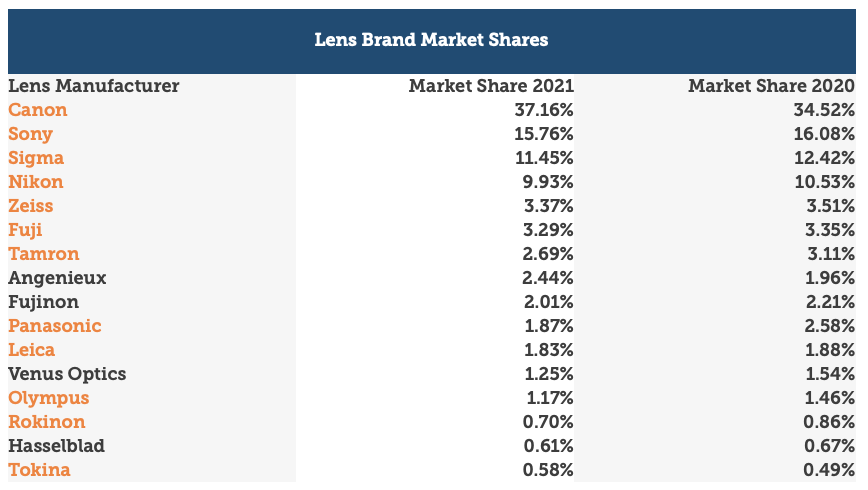
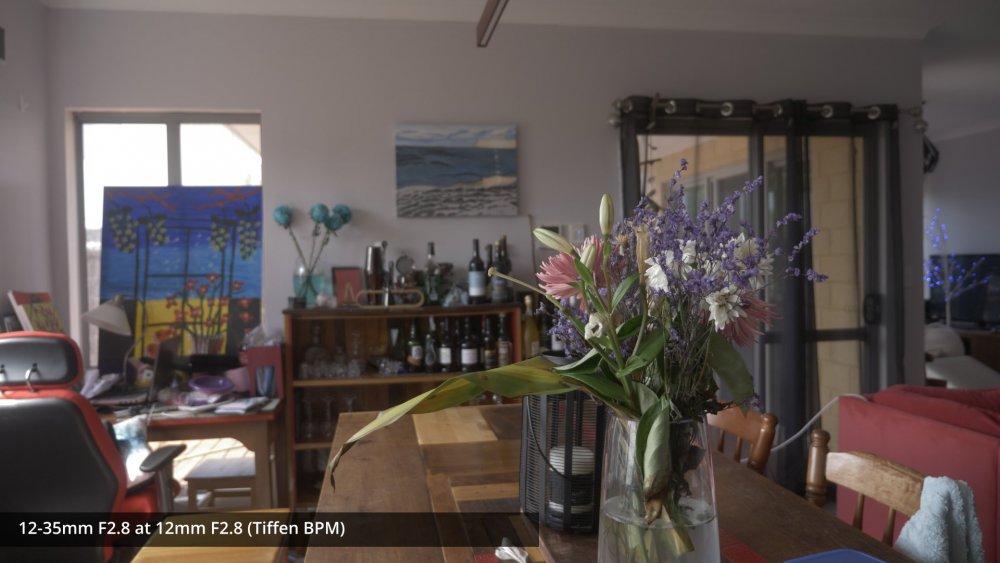
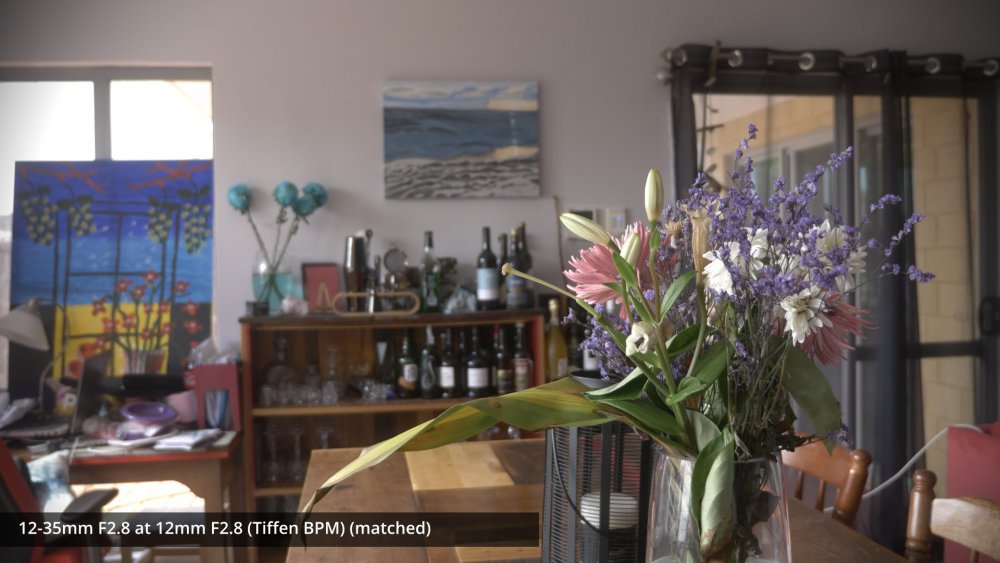
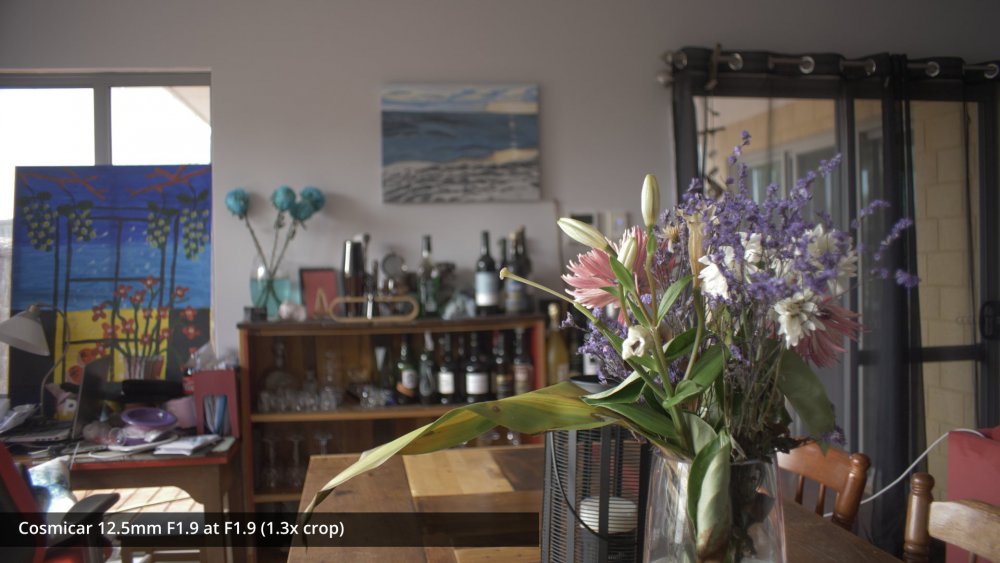
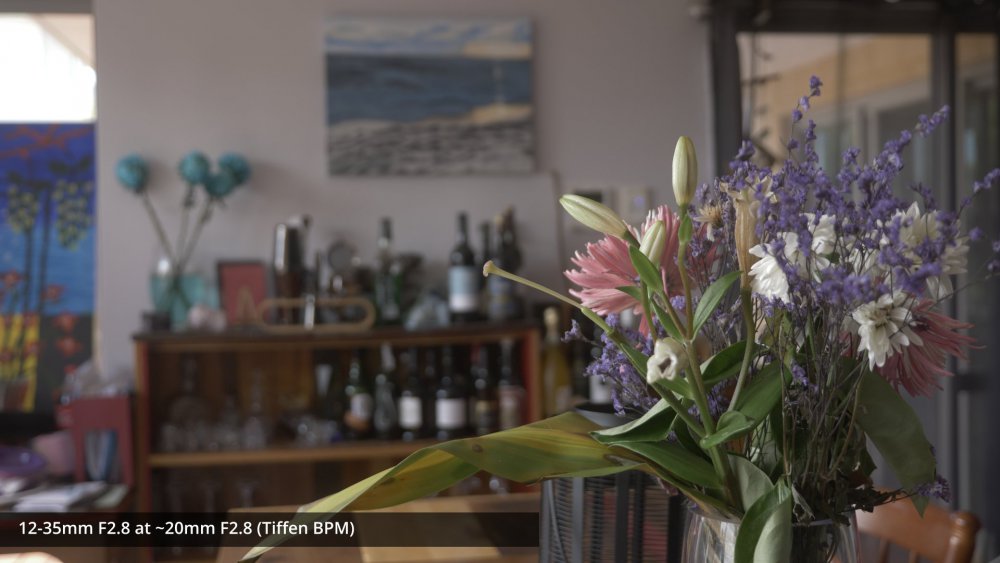
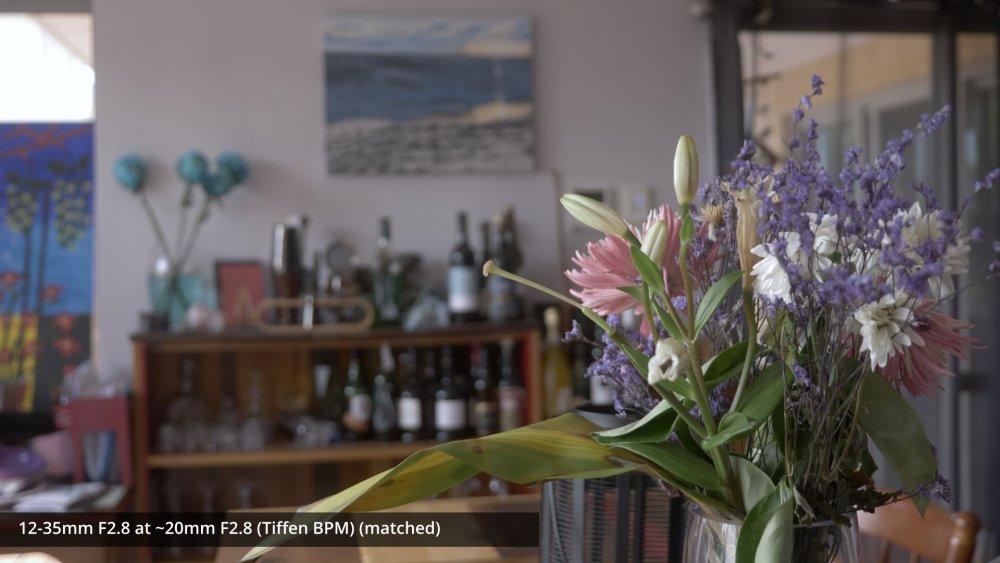
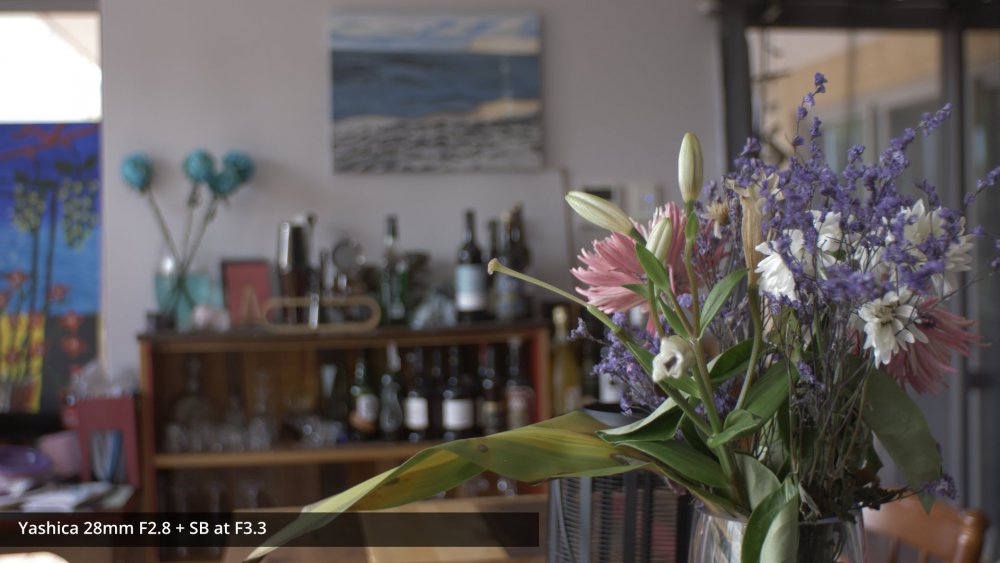

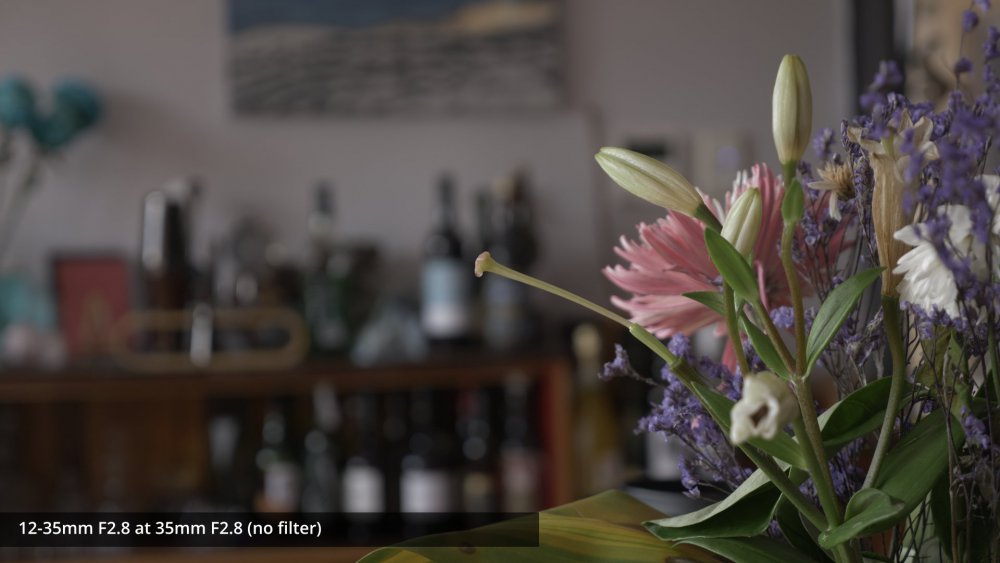
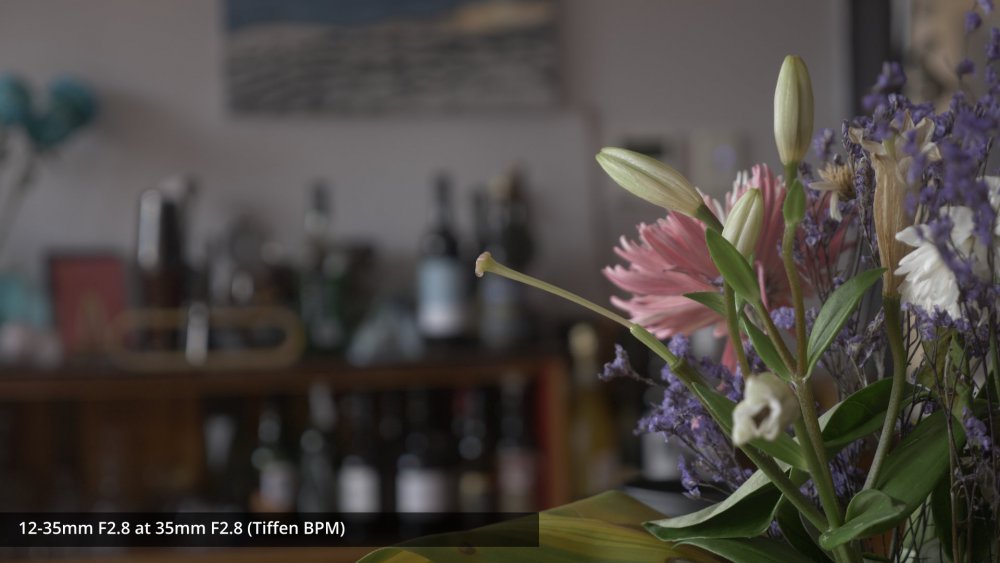
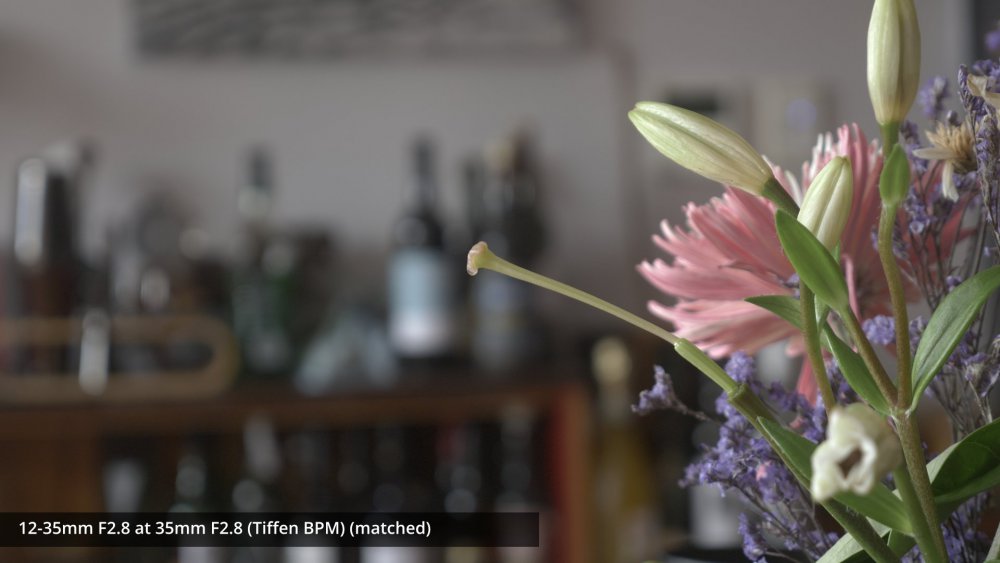
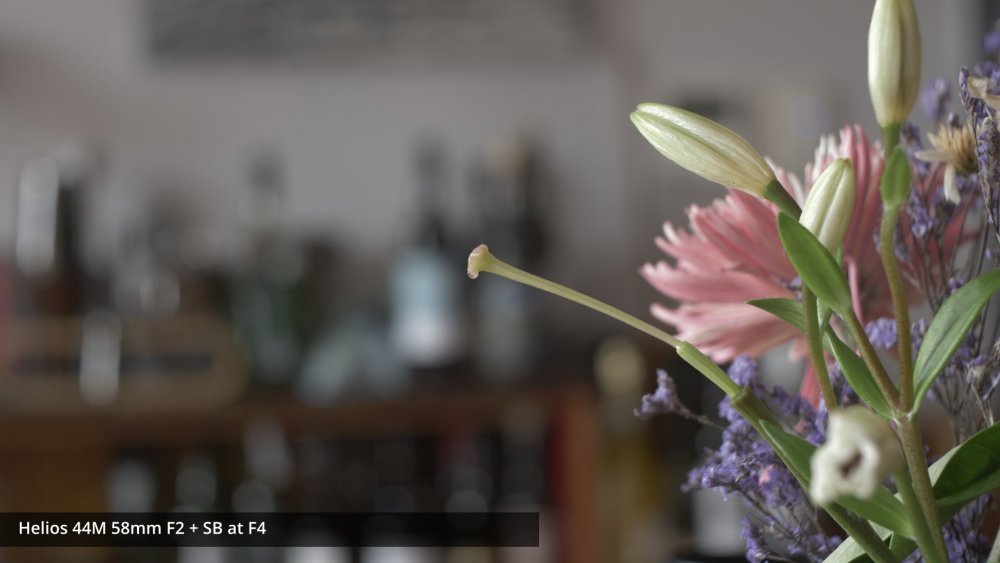
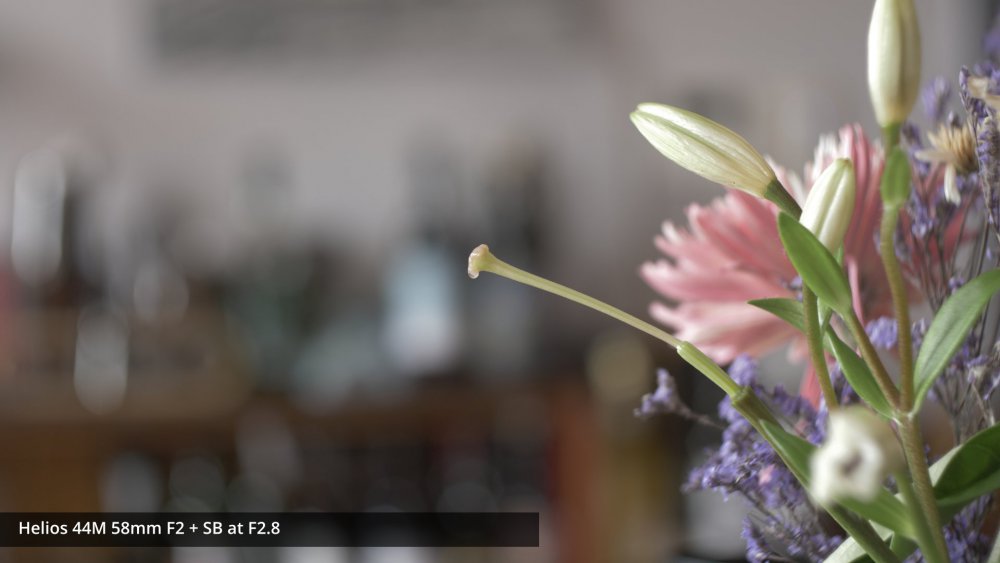
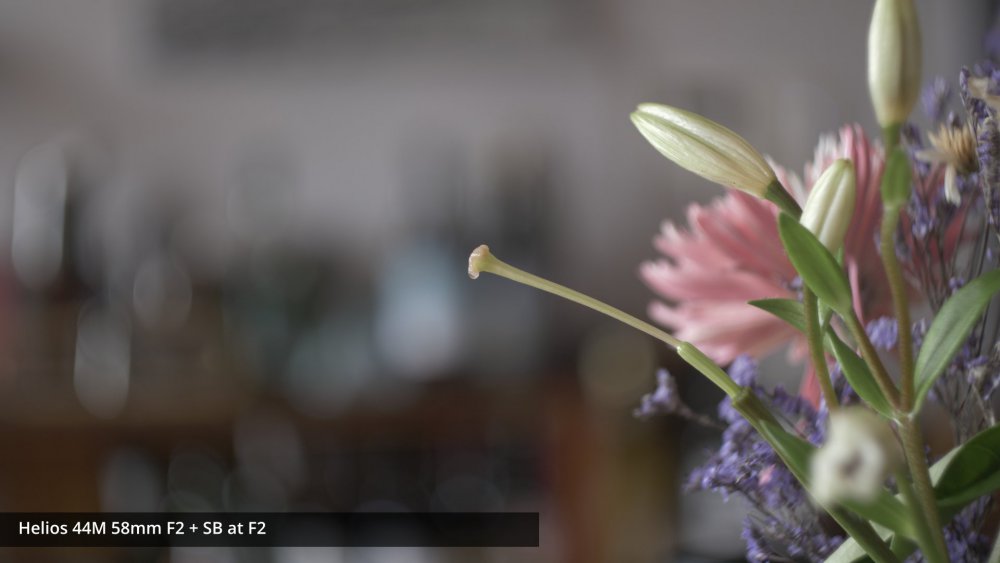
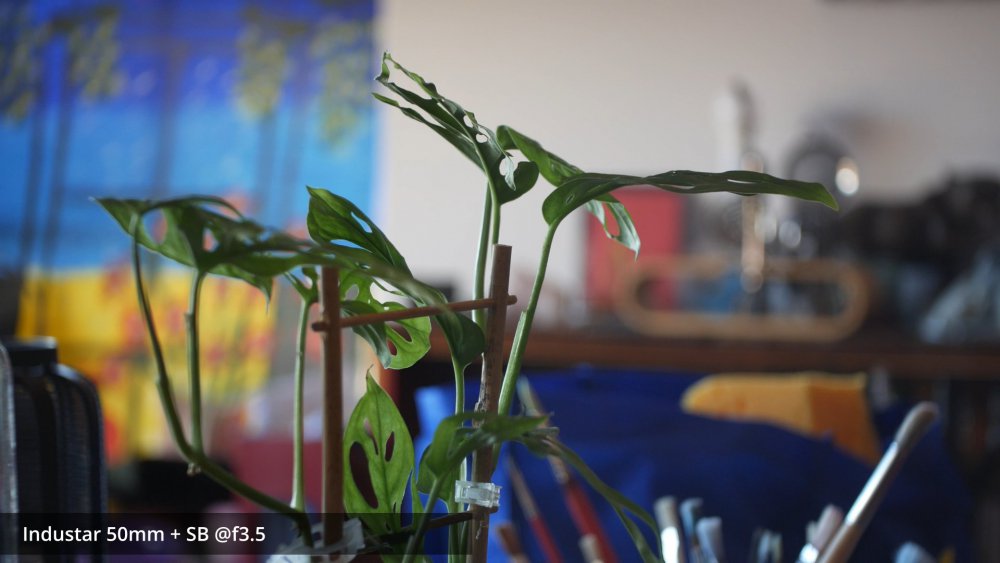
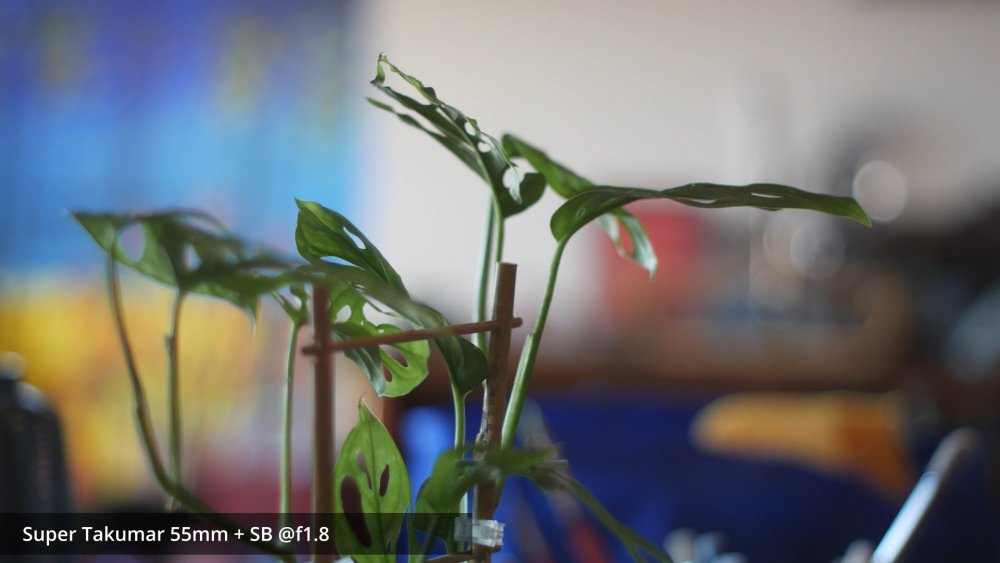

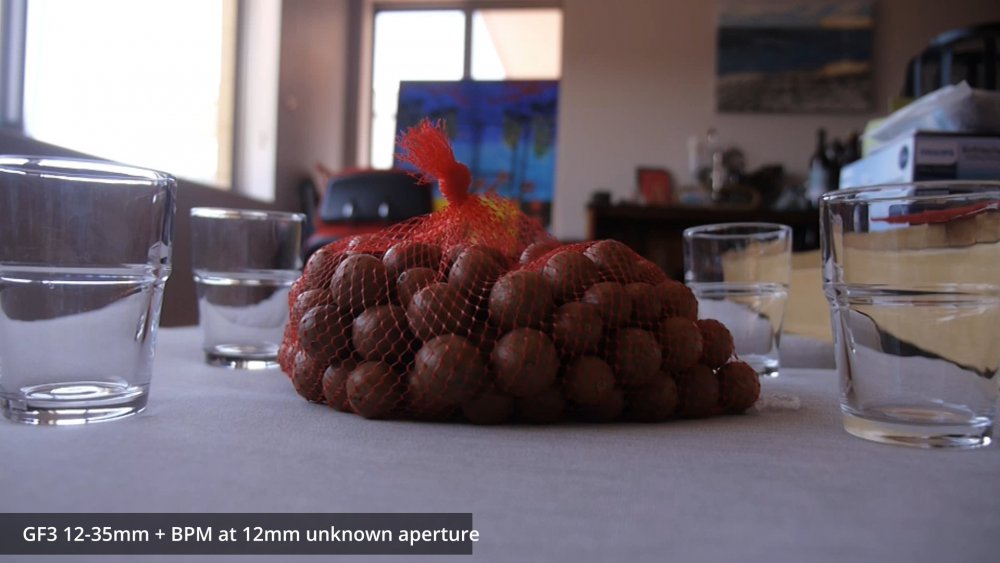
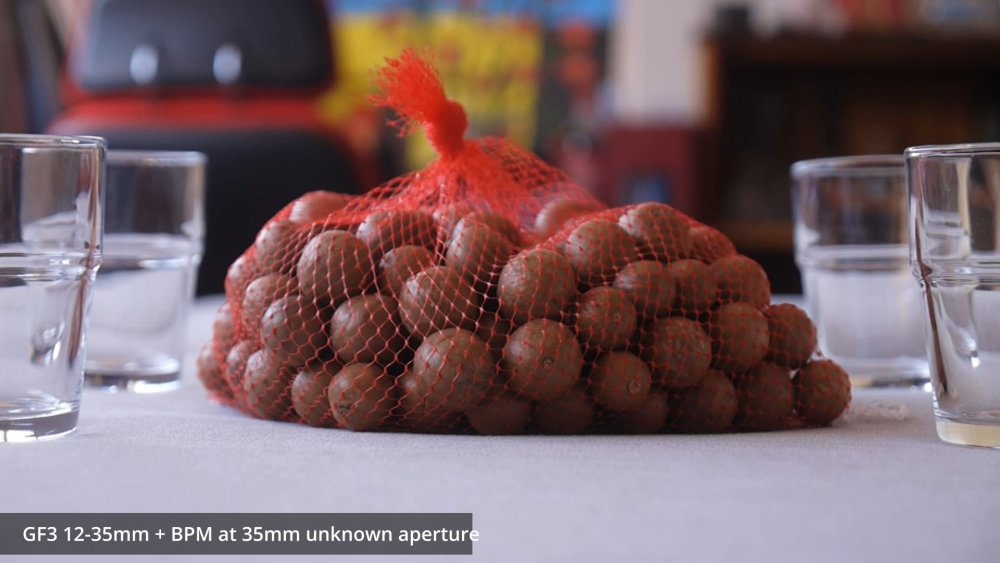

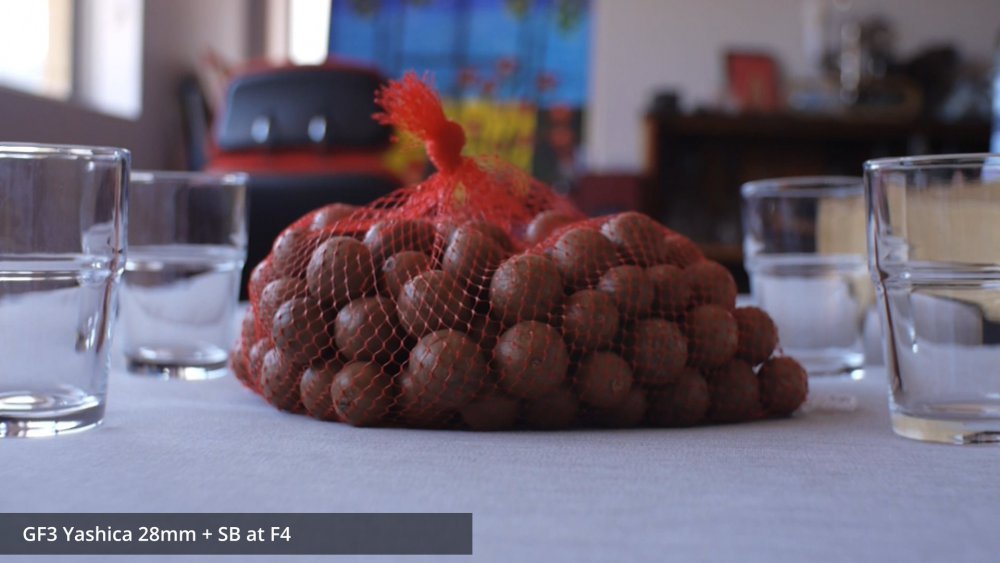
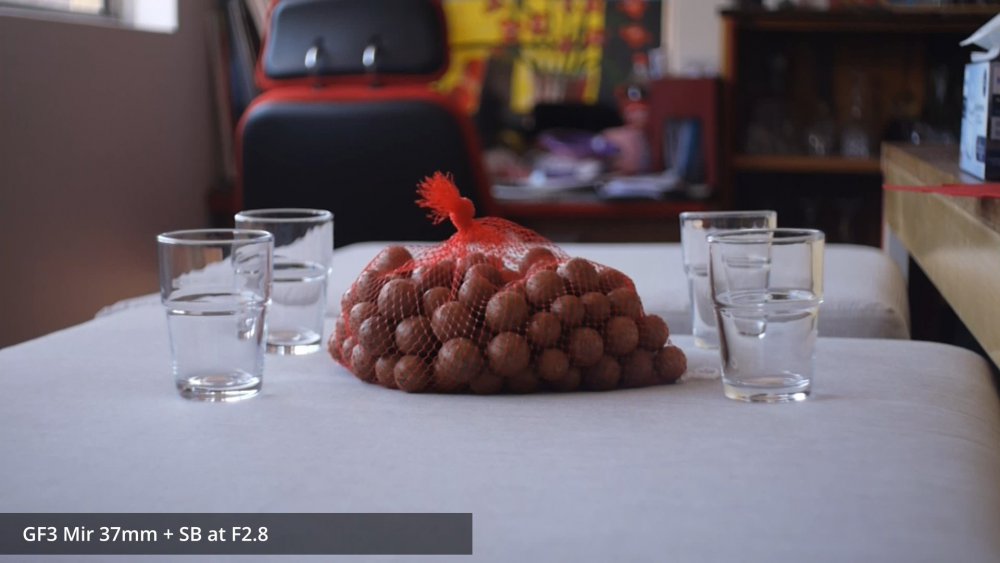
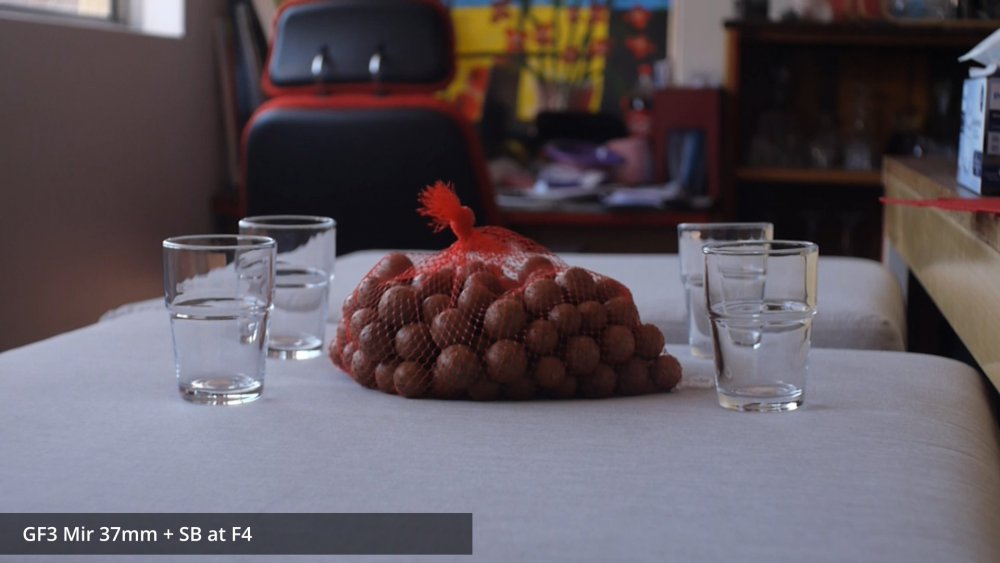



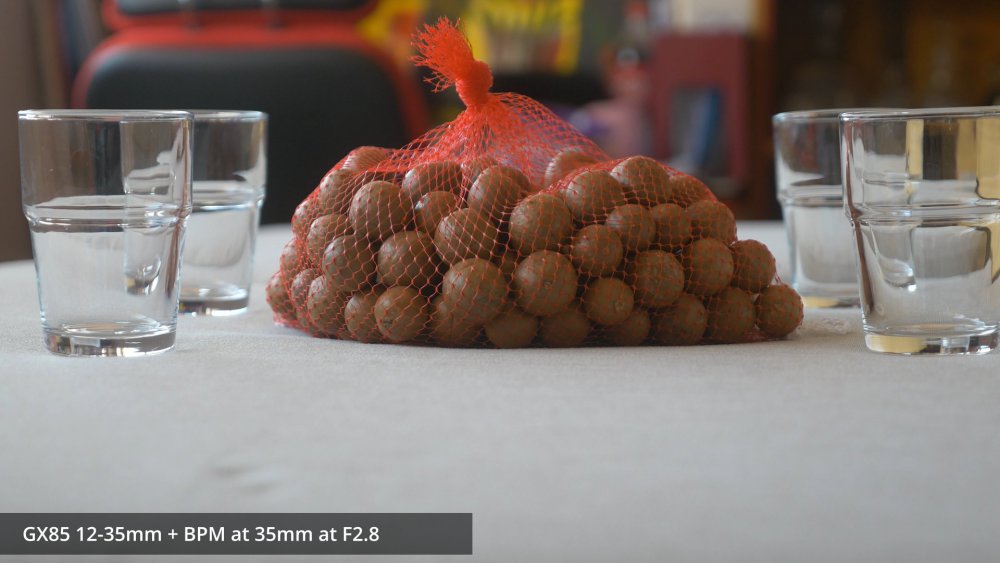
Cosmicar12.5mmatF1.9.thumb.jpg.1efe06c30e0c4529b904a3d672fbc37b.jpg)
Cosmicar12.5mmatF2.8.thumb.jpg.453b159dc7e5203f096263a4d47fc248.jpg)
Cosmicar12.5mmatF4.thumb.jpg.c80323ea1757318c6c182b2db32afeff.jpg)

